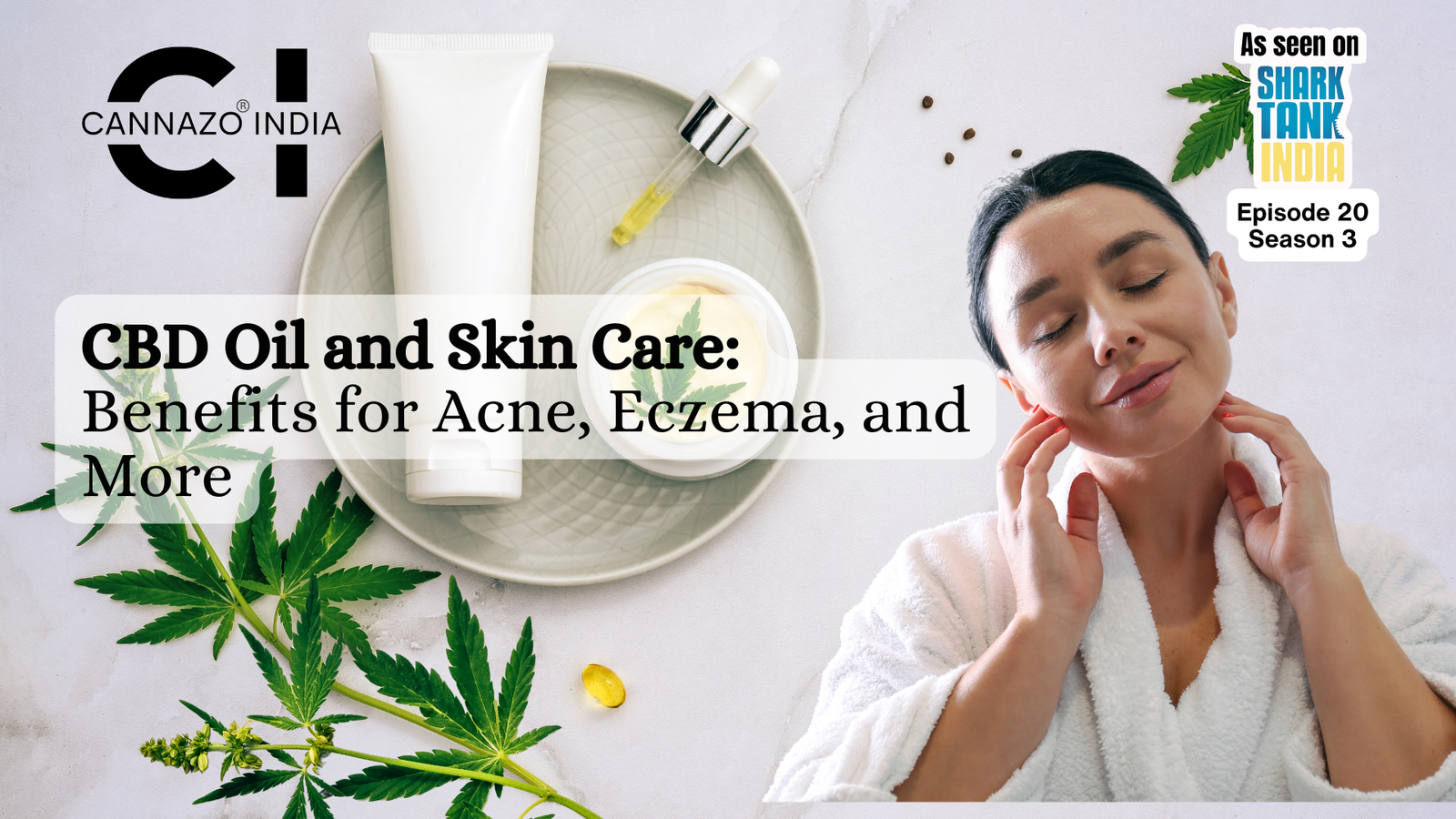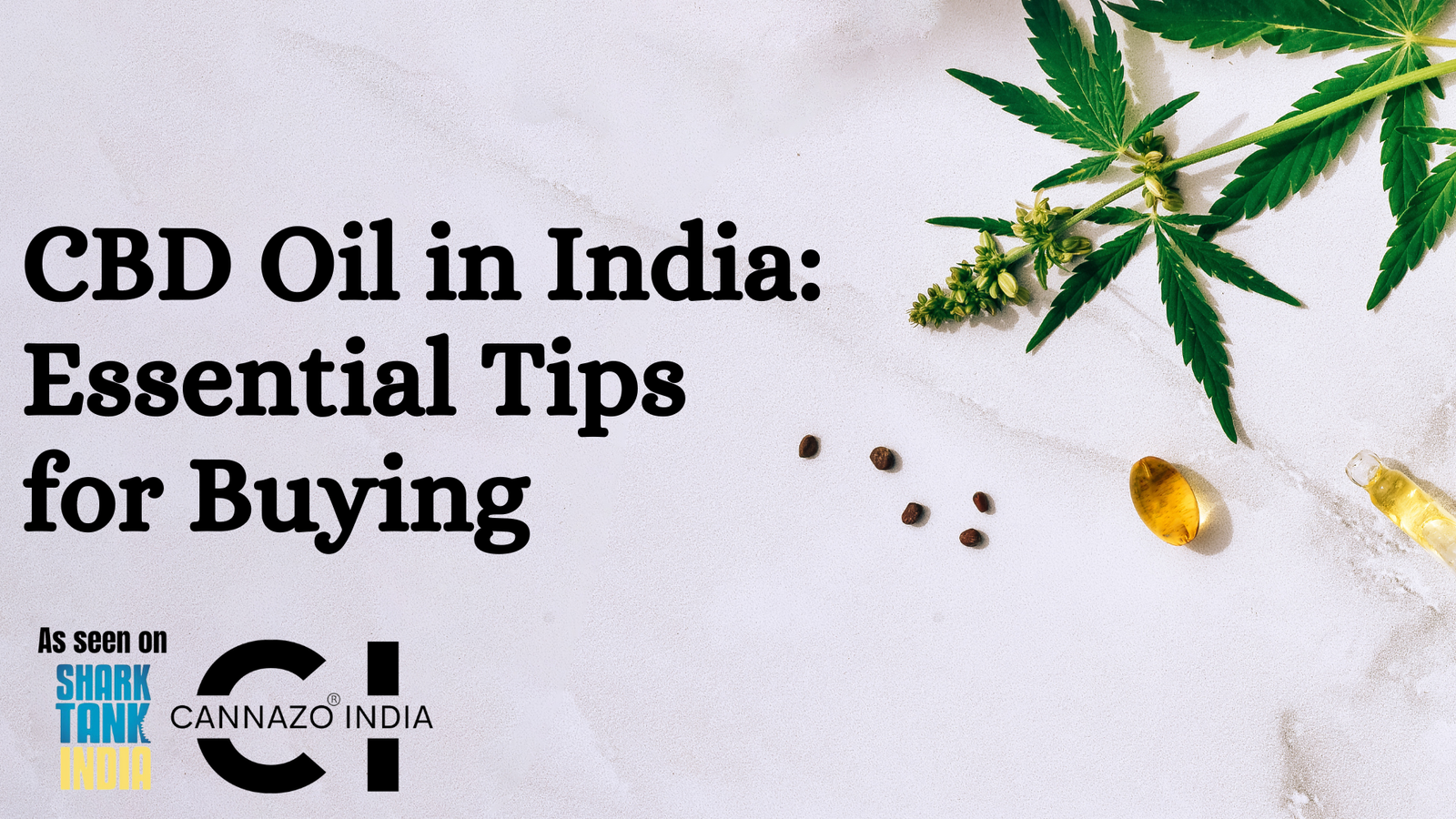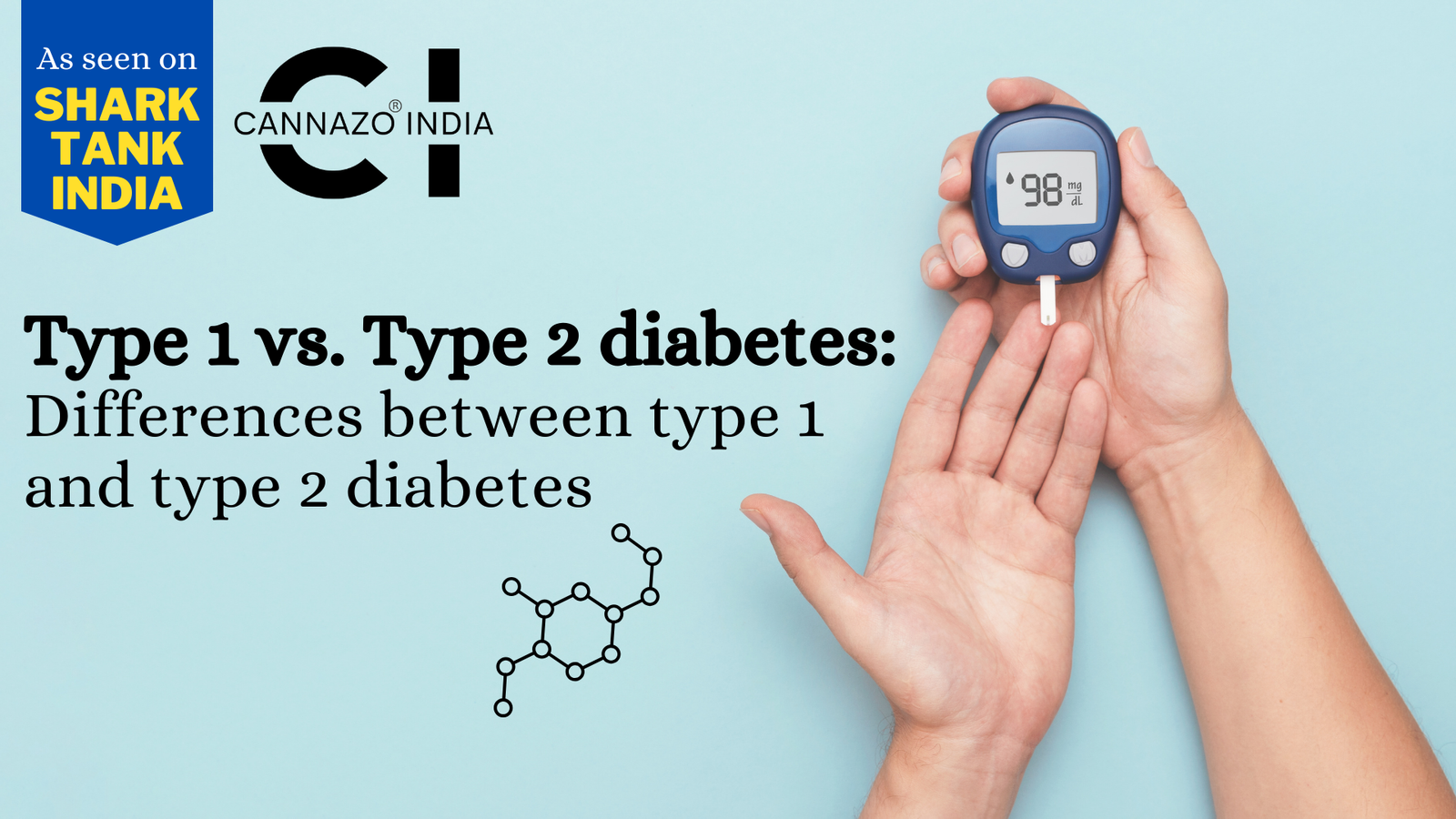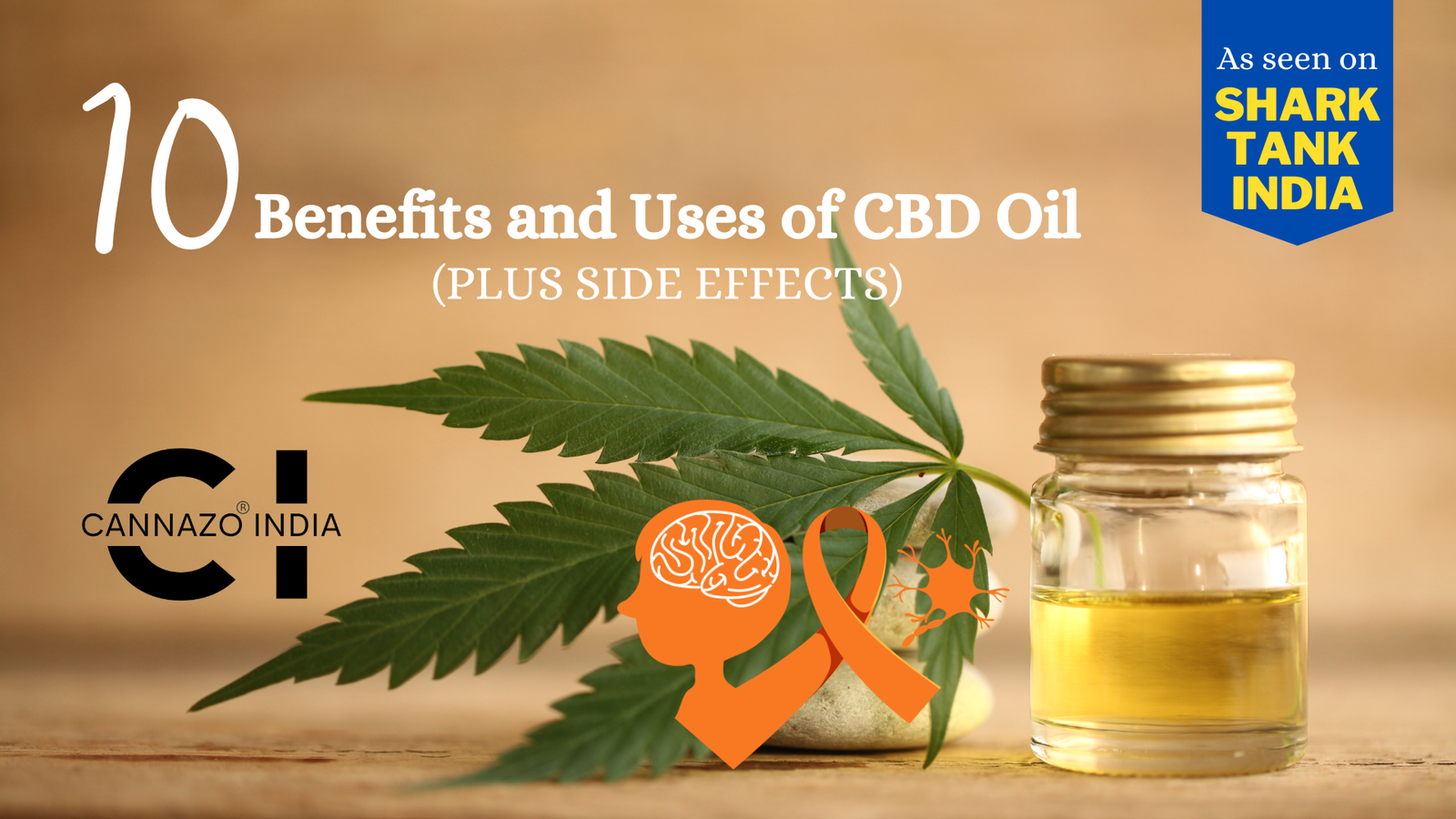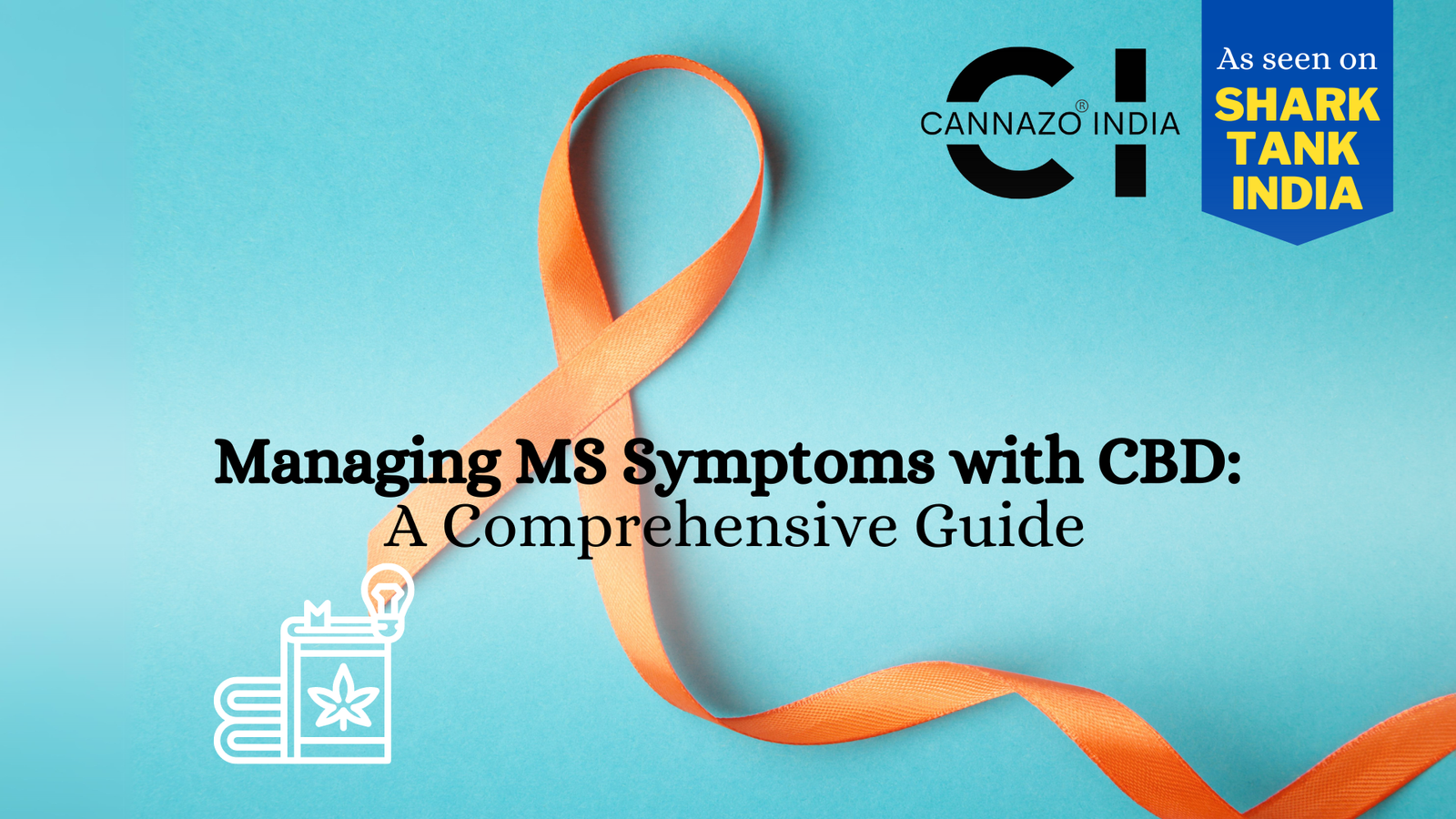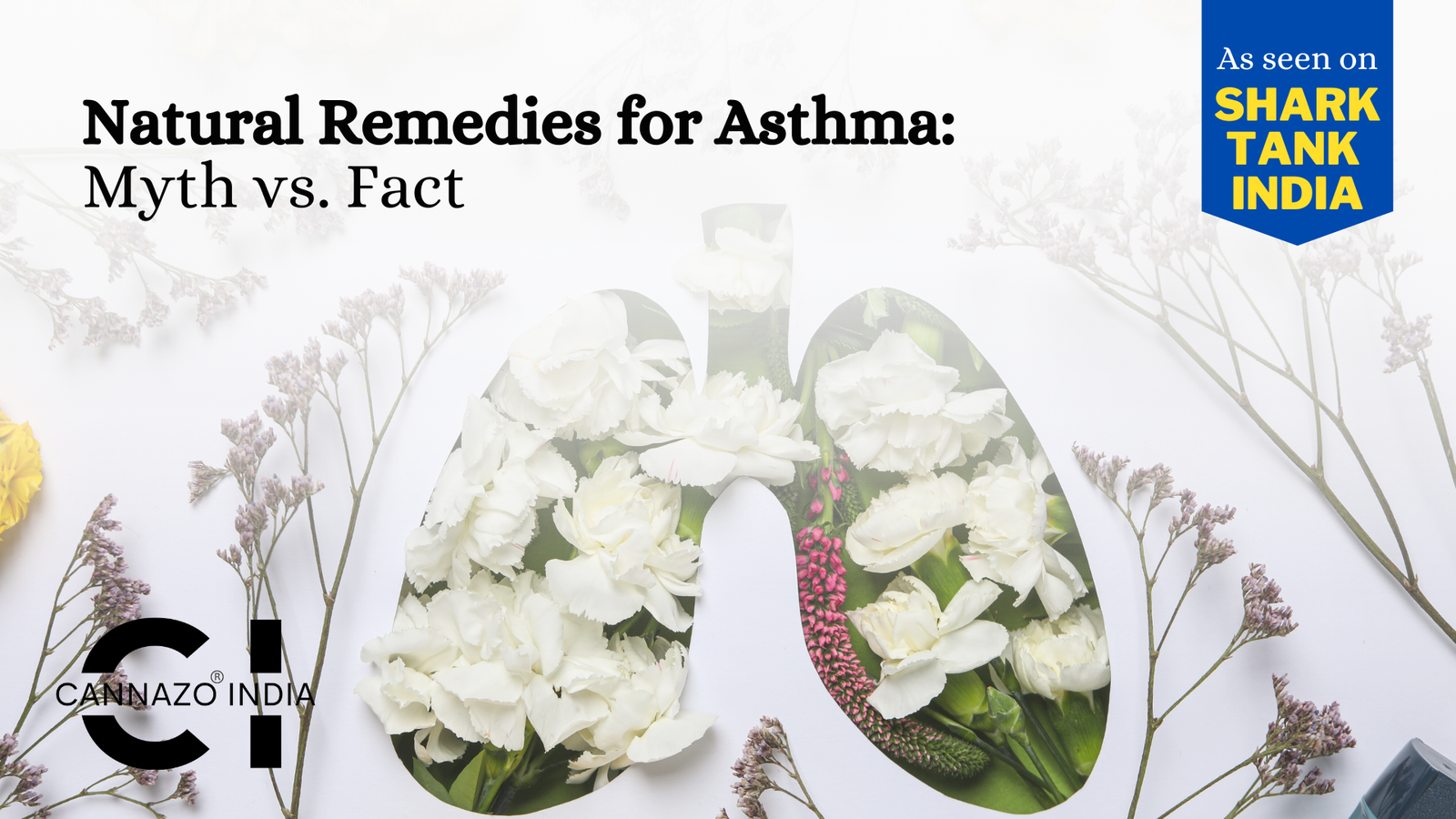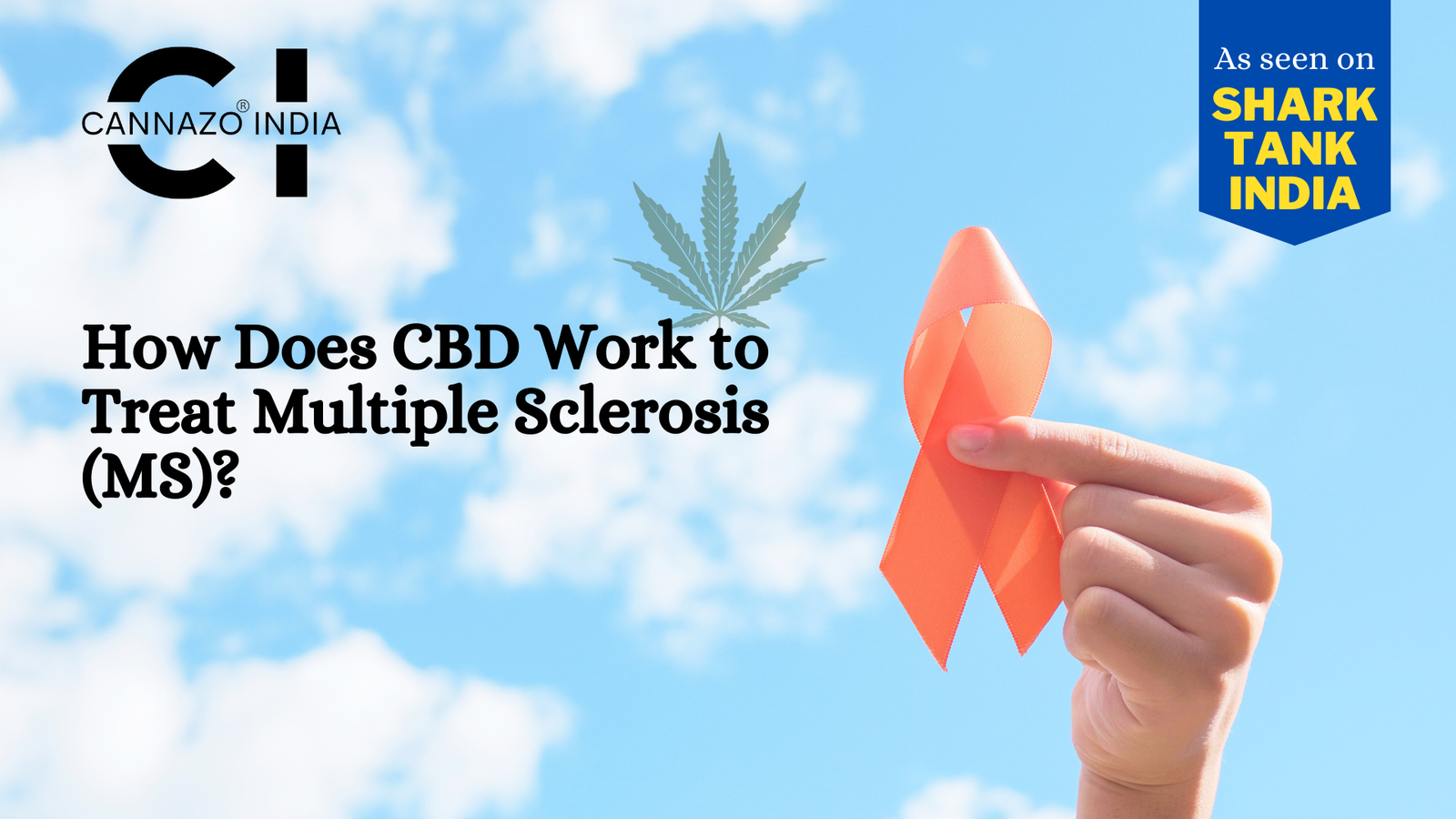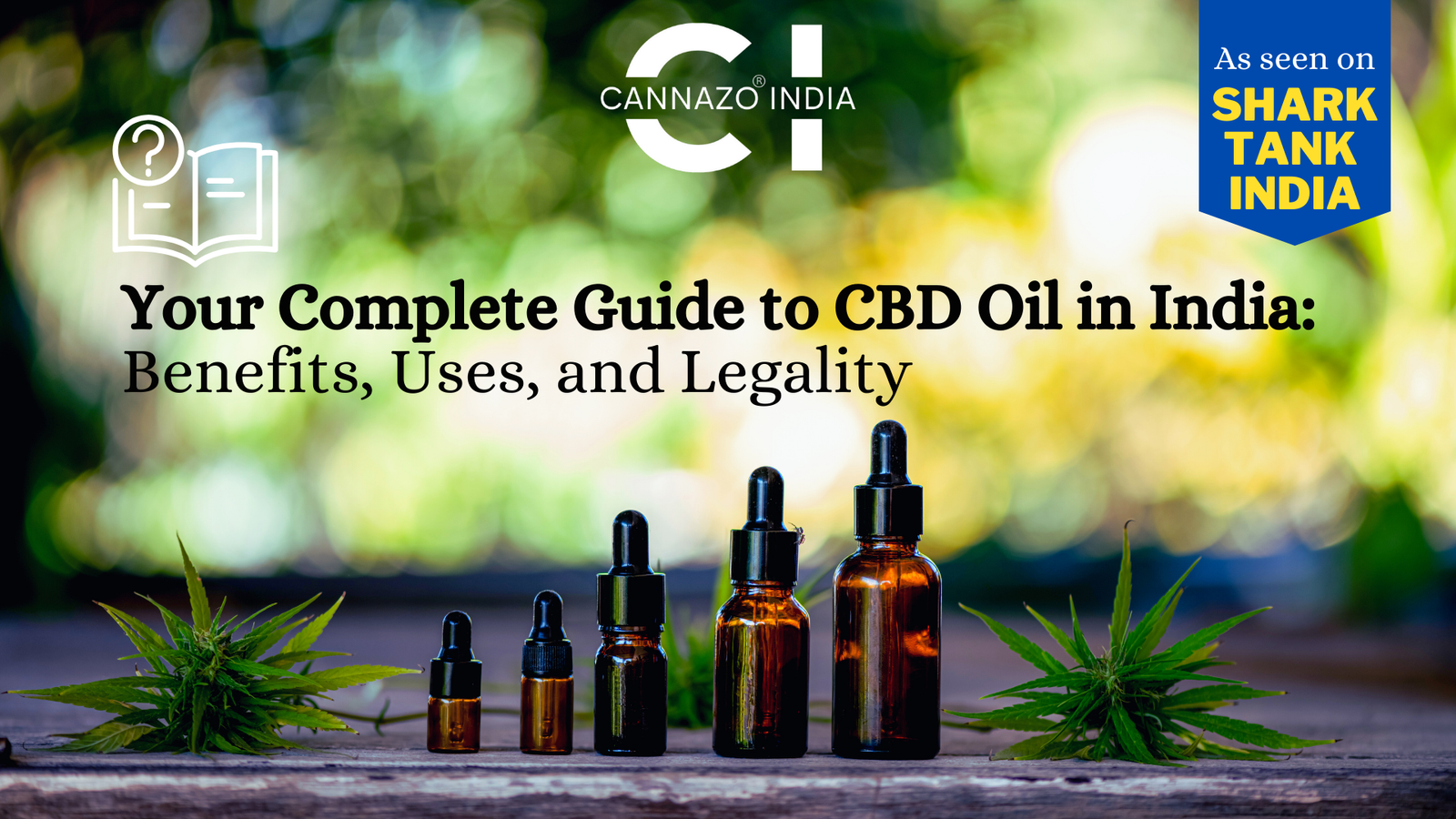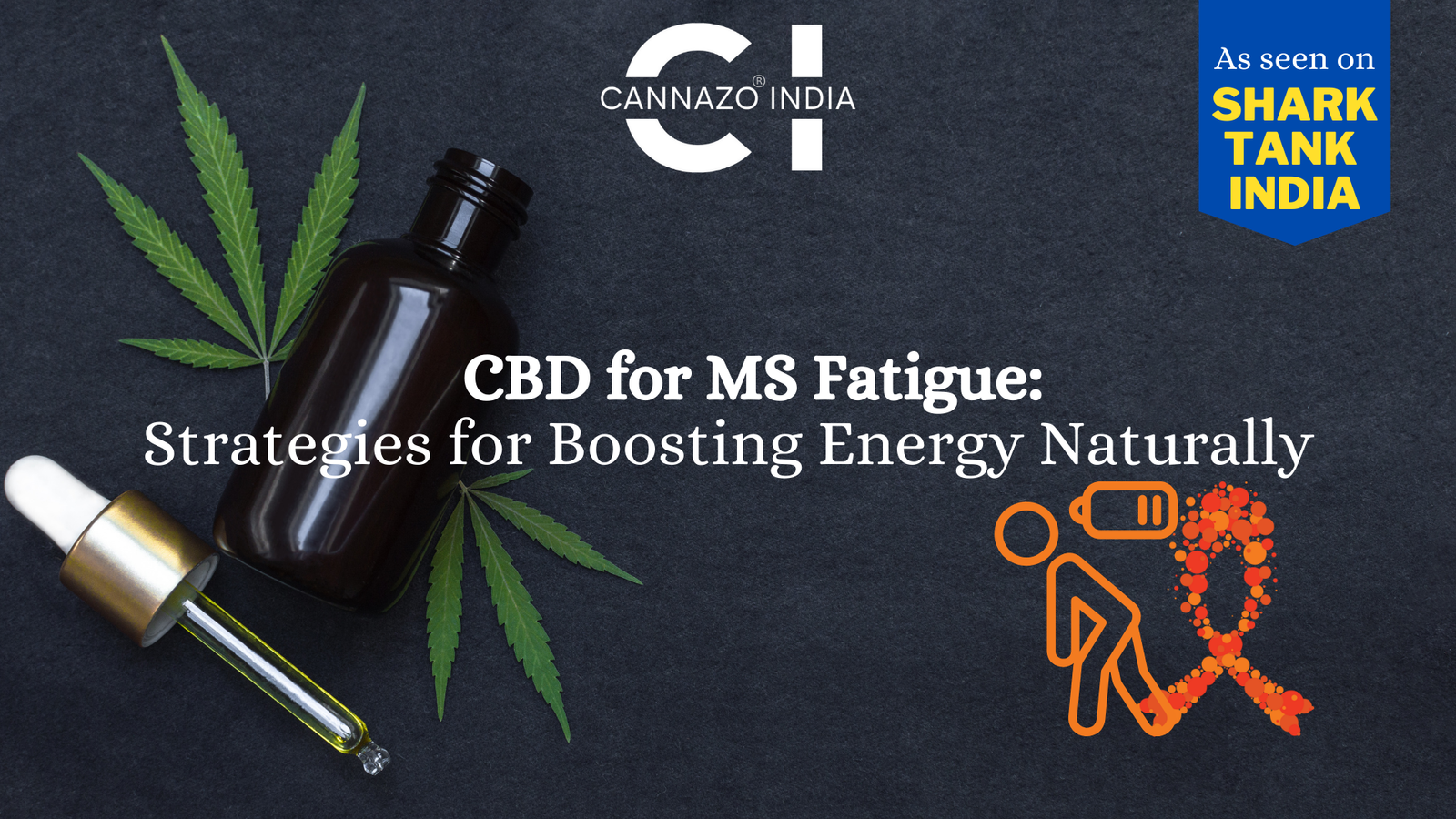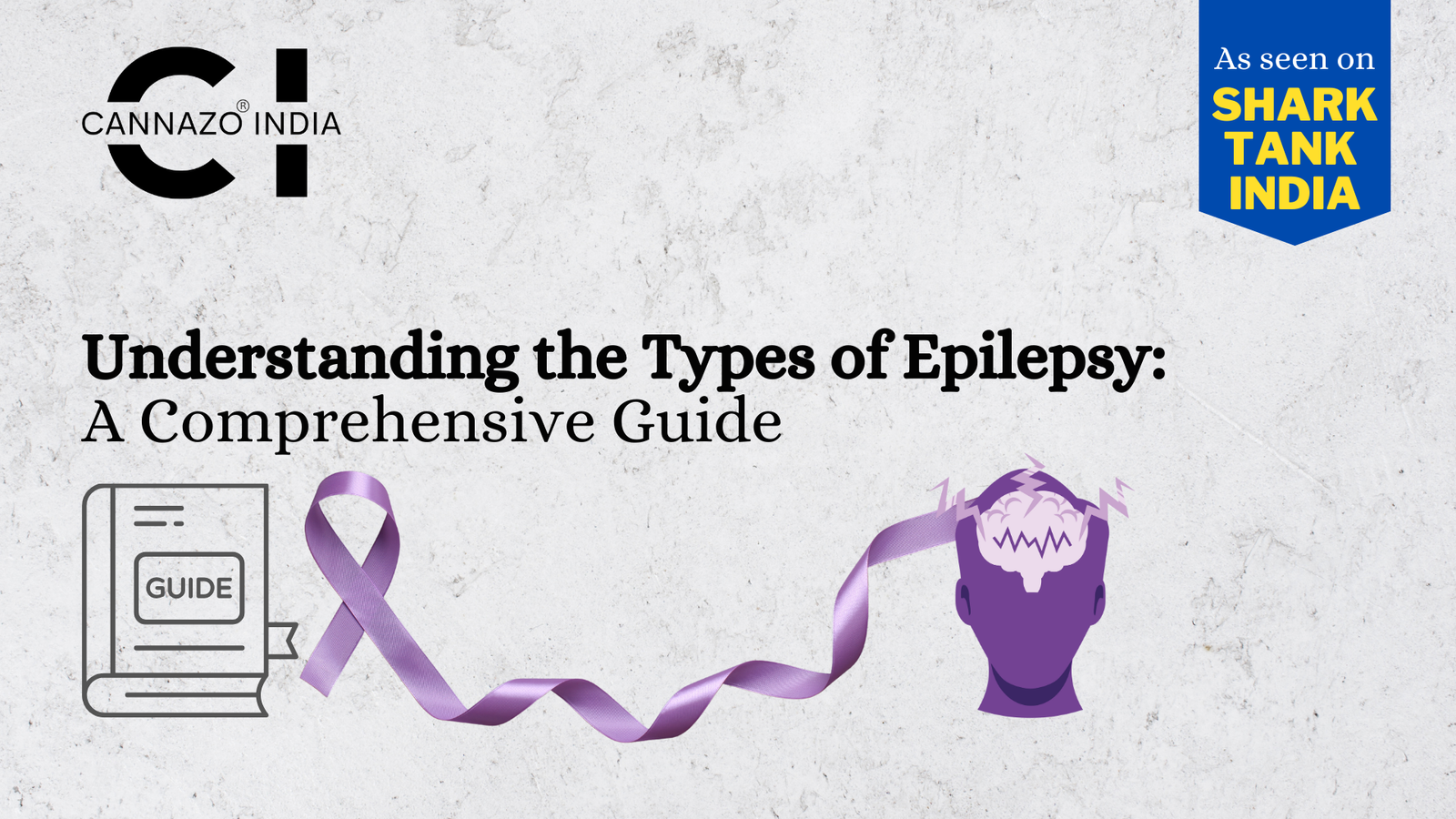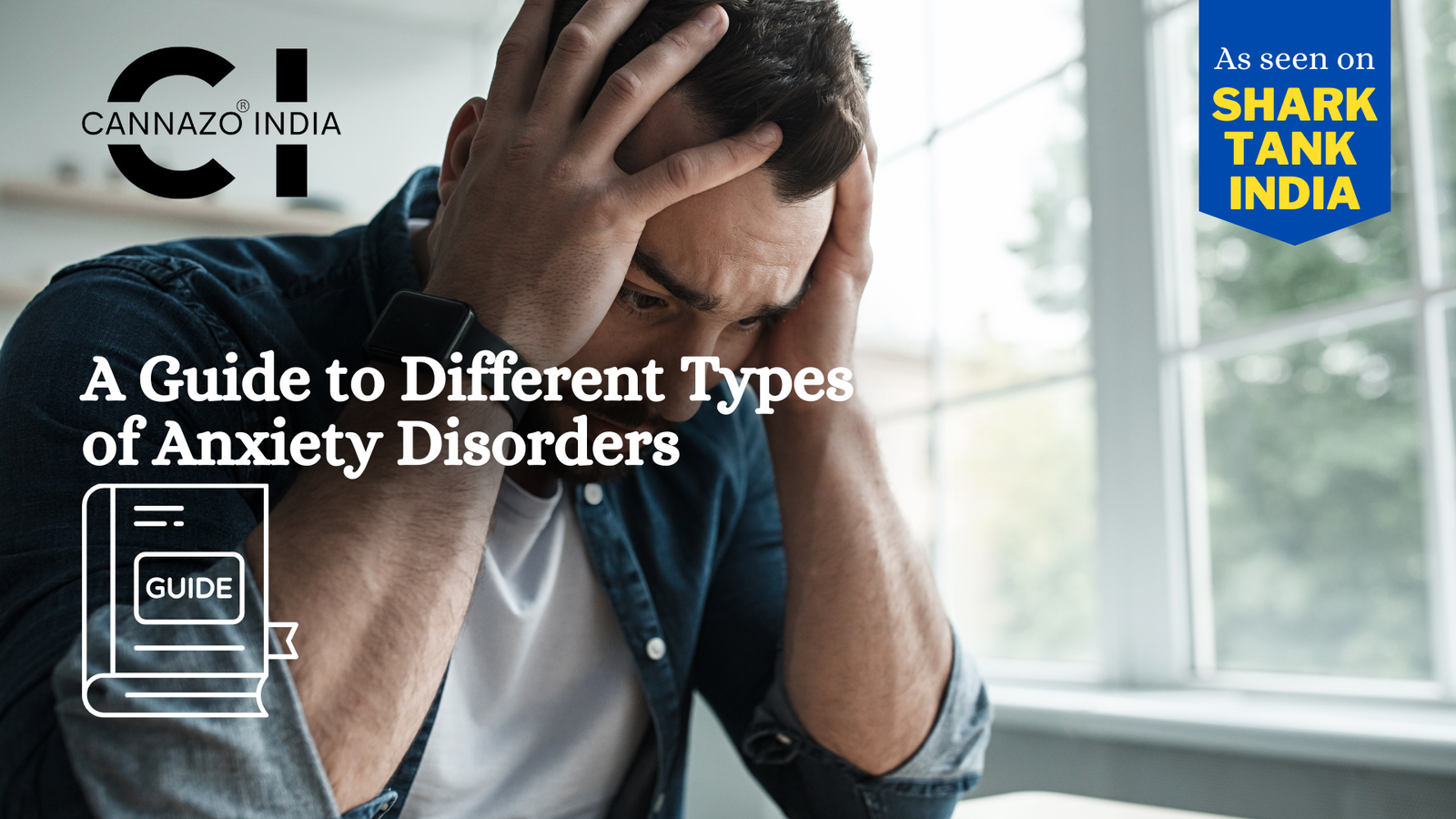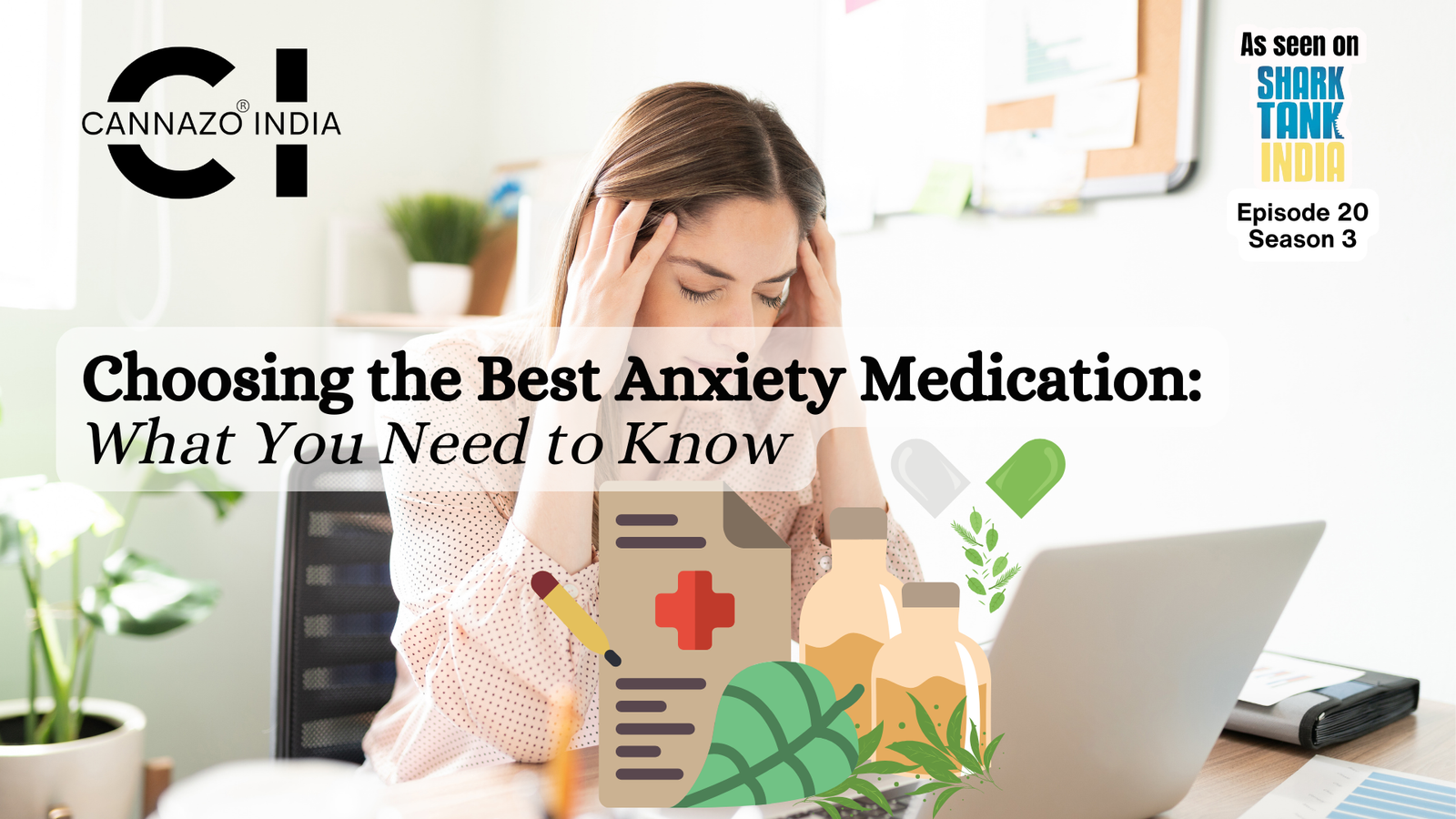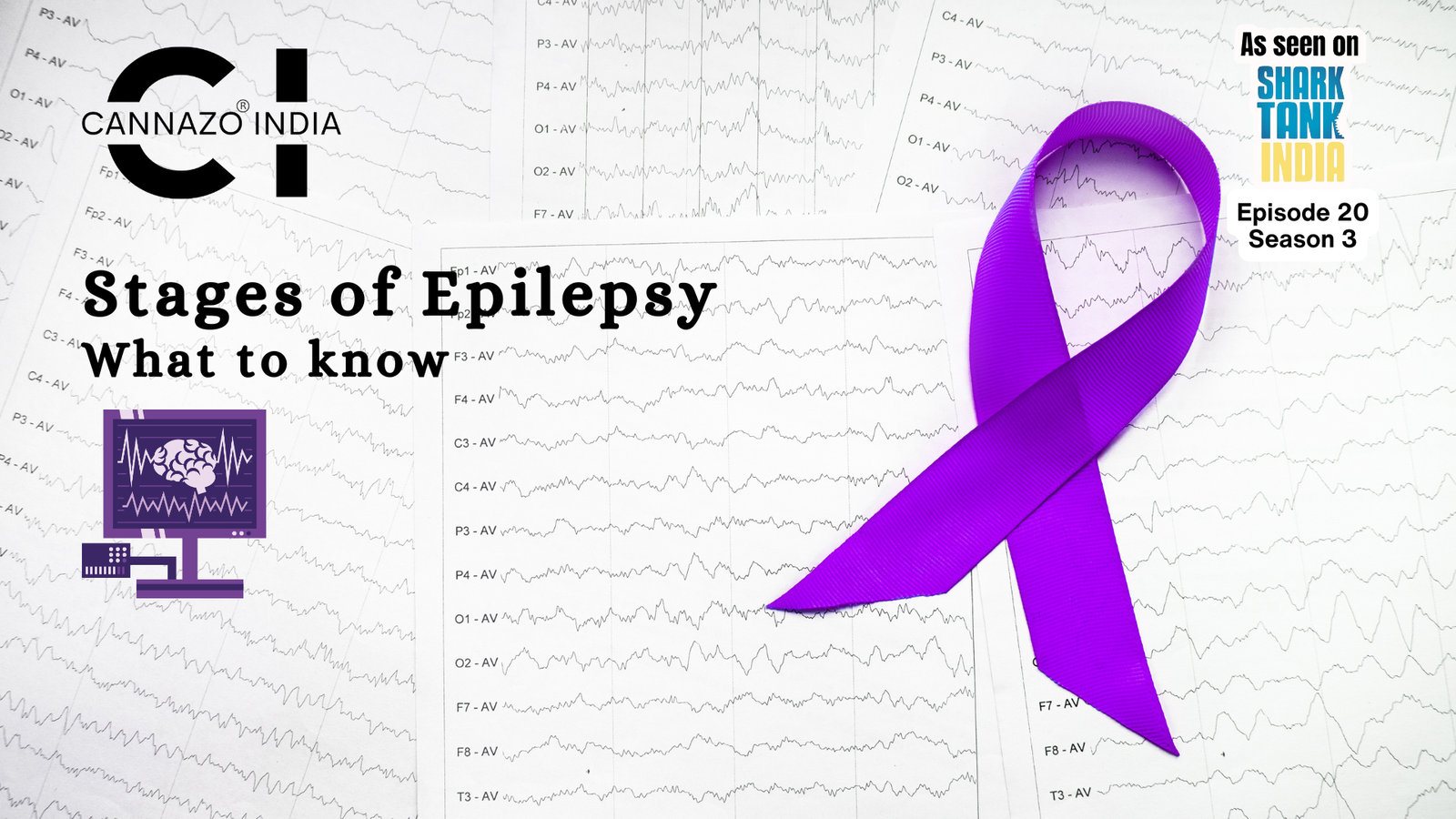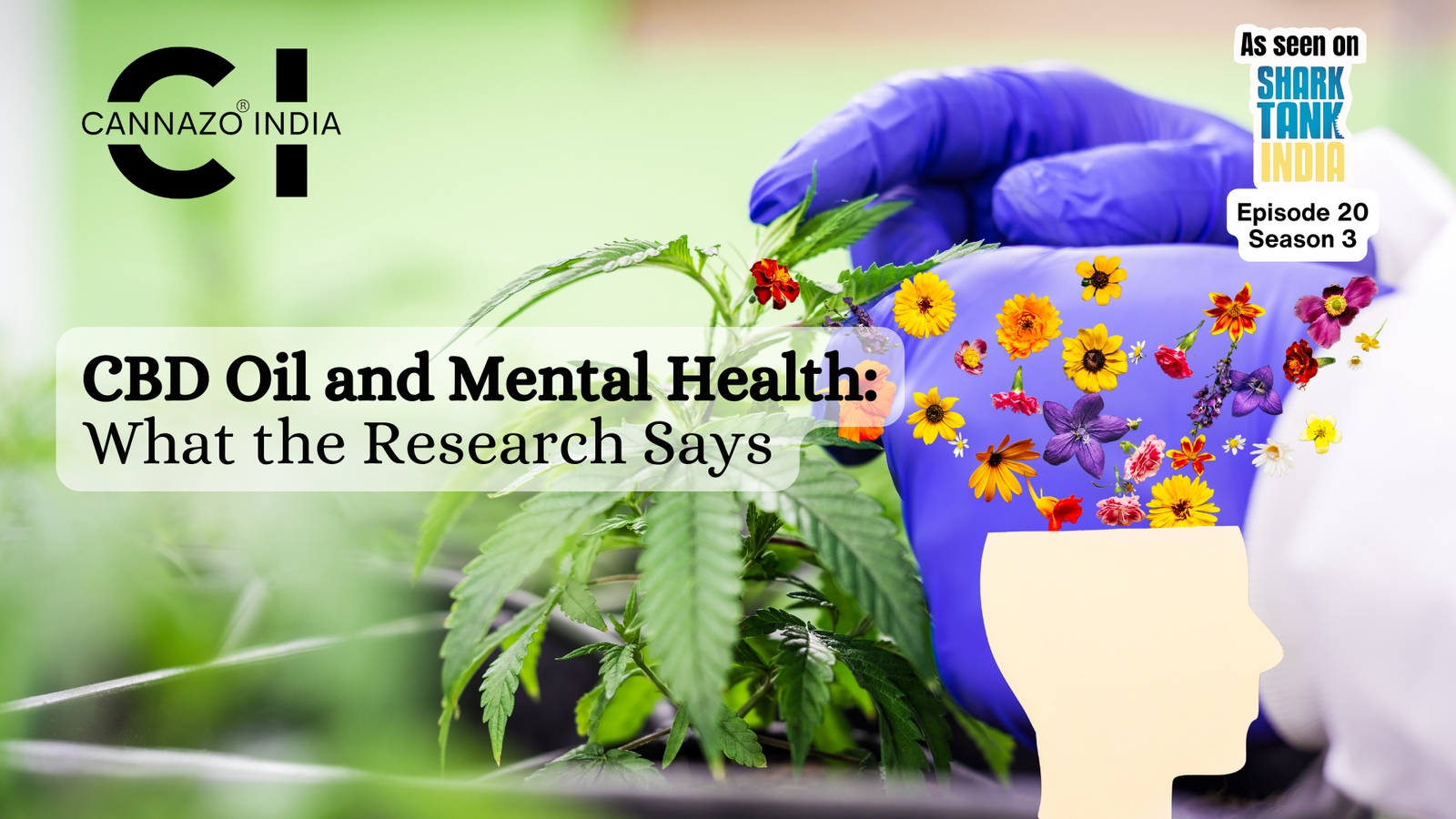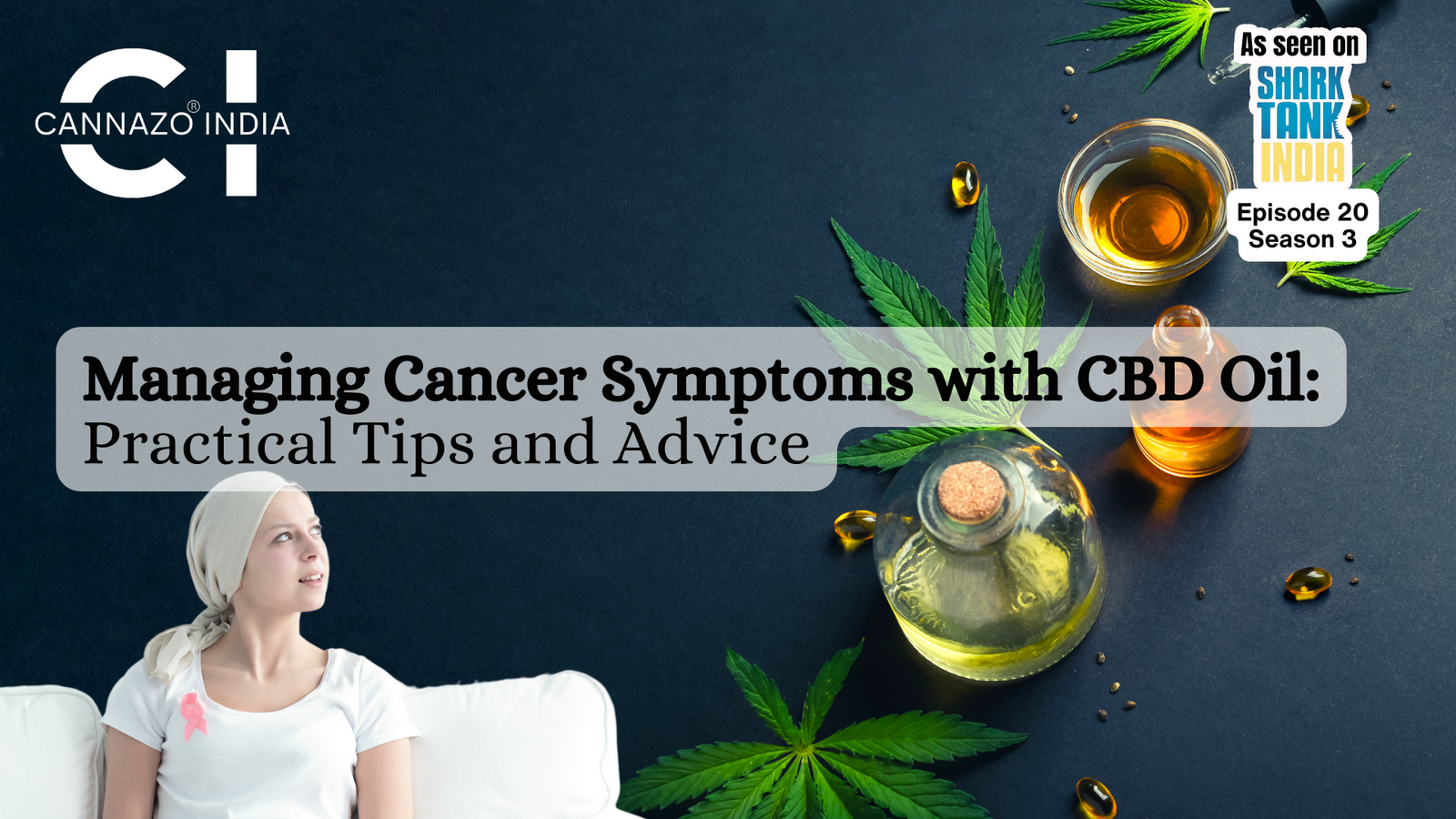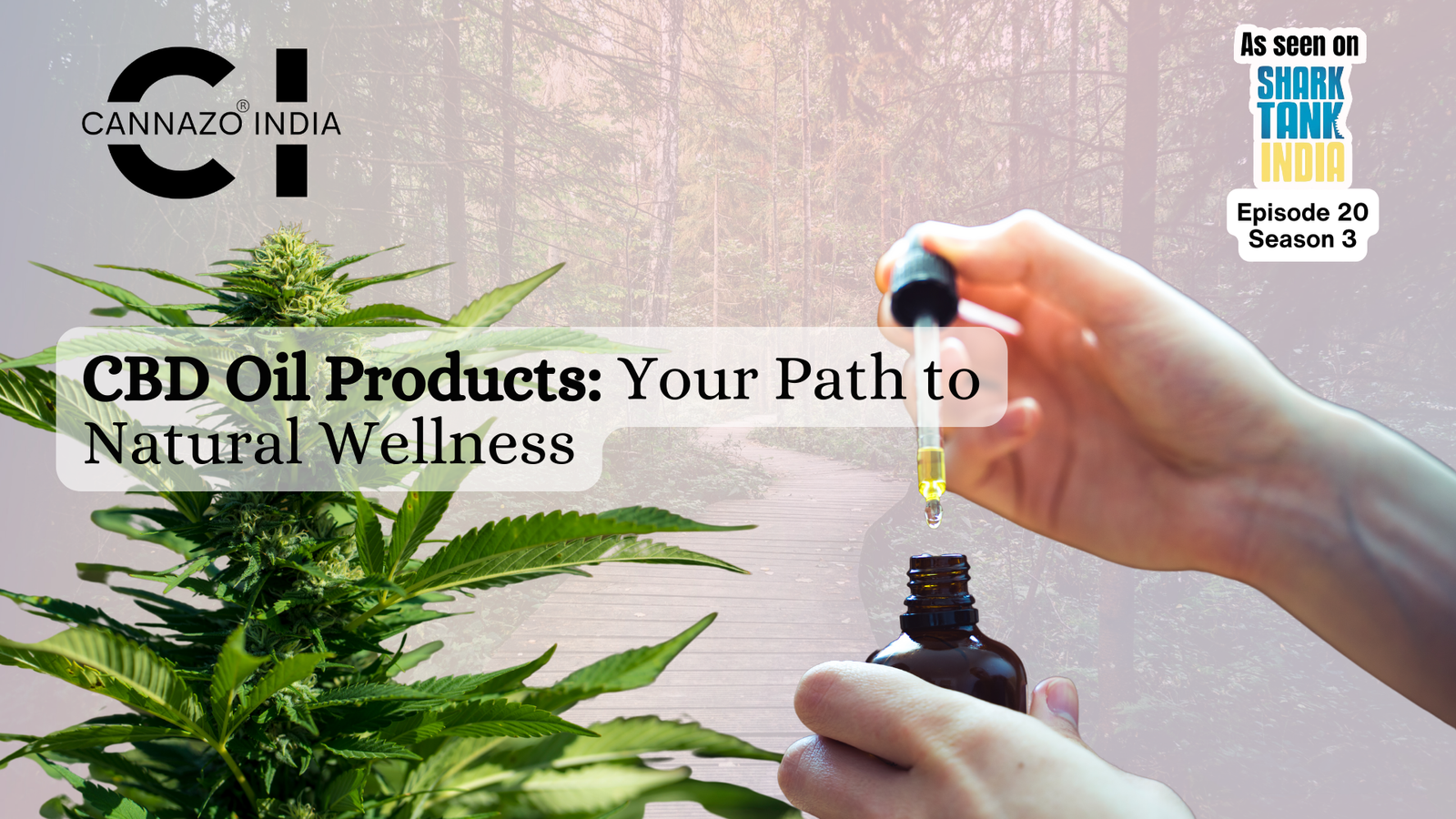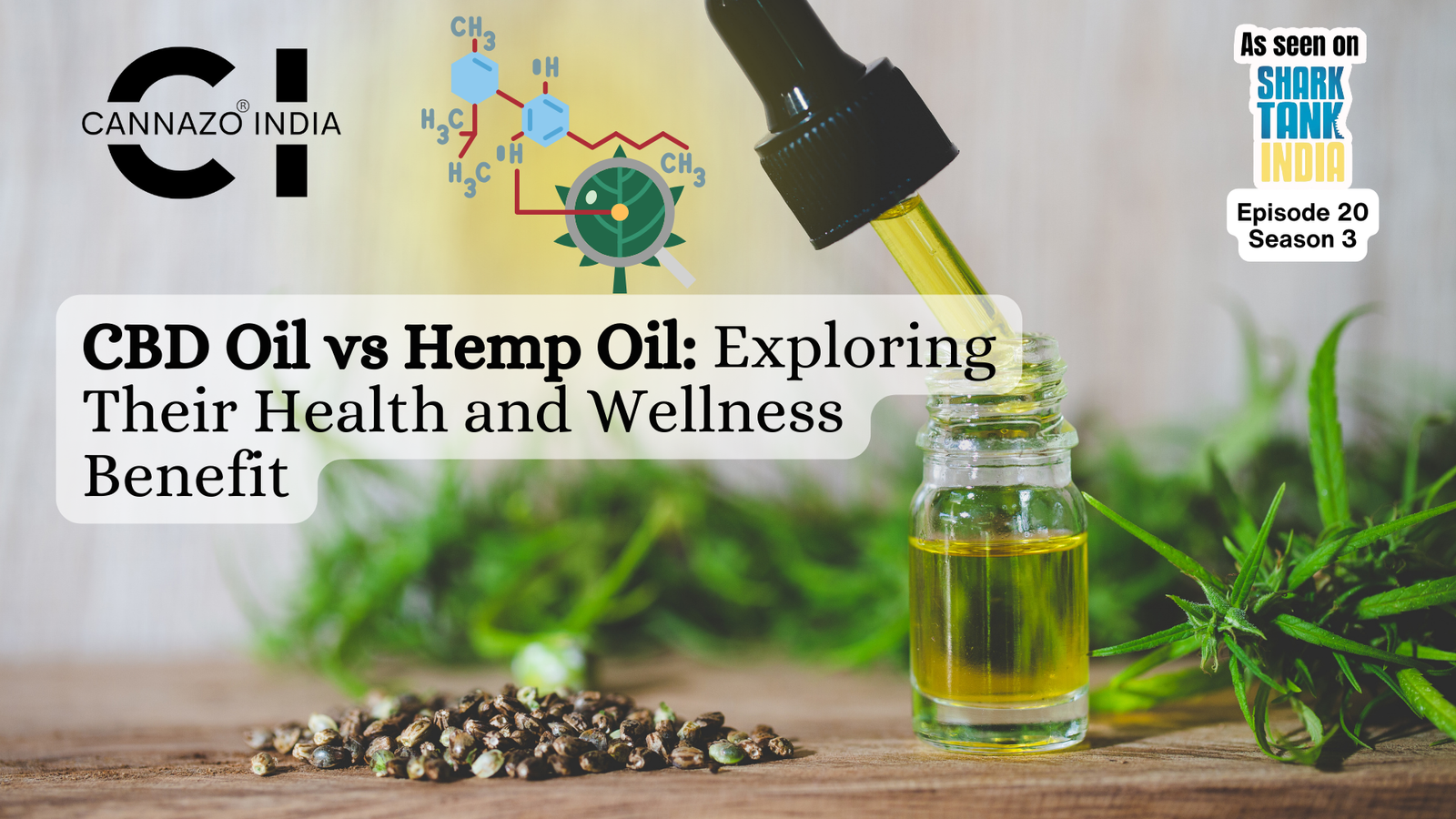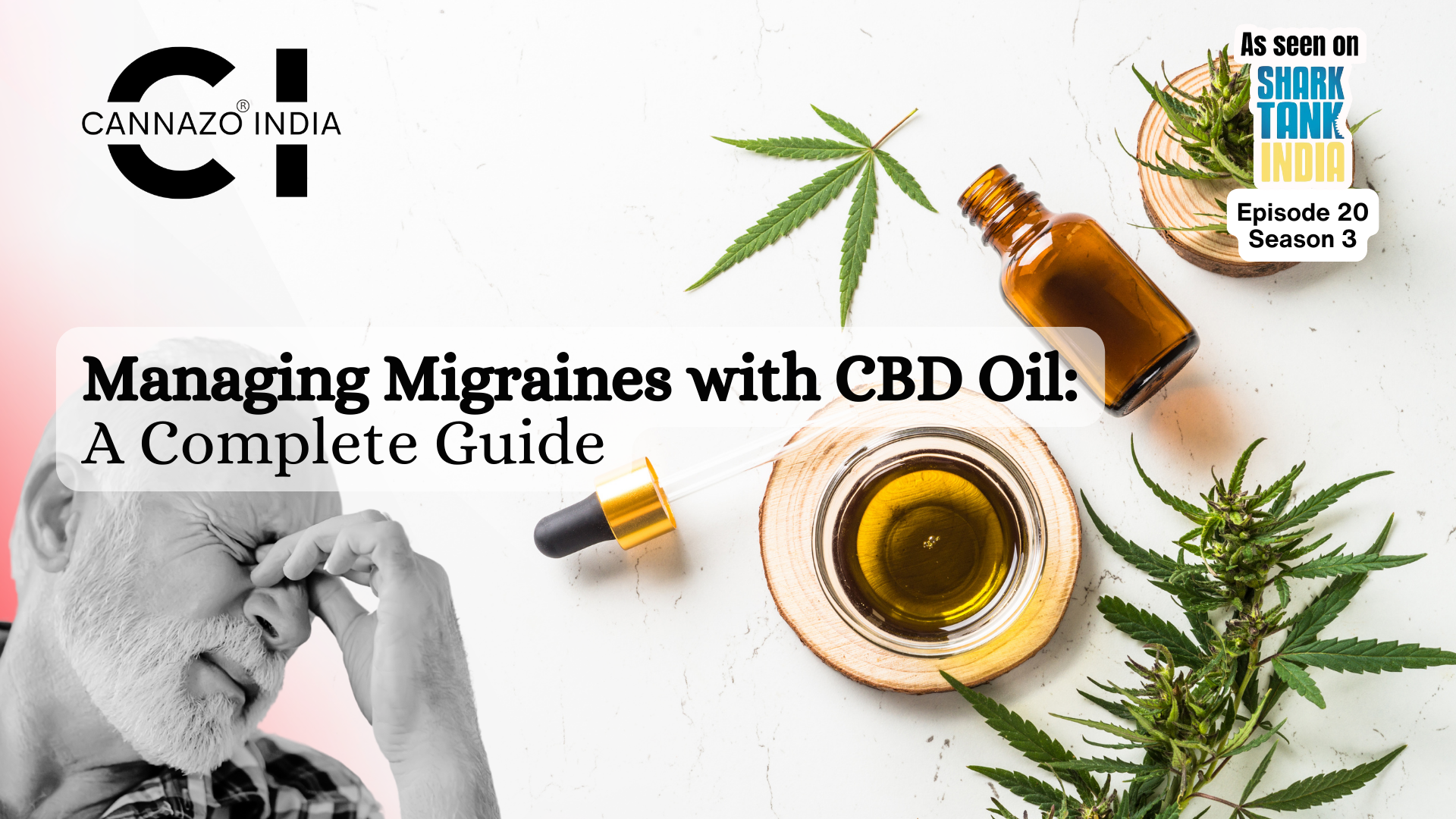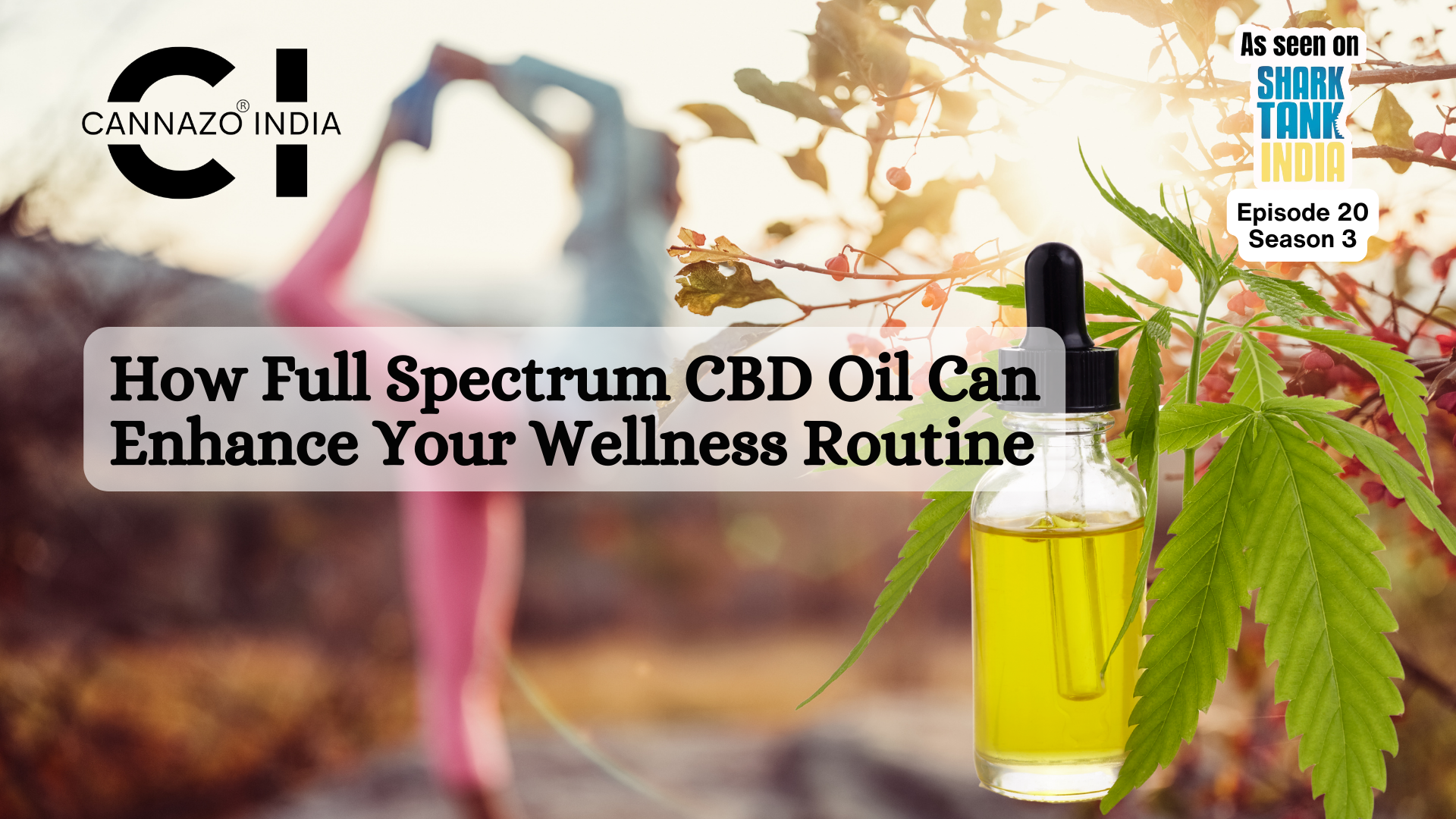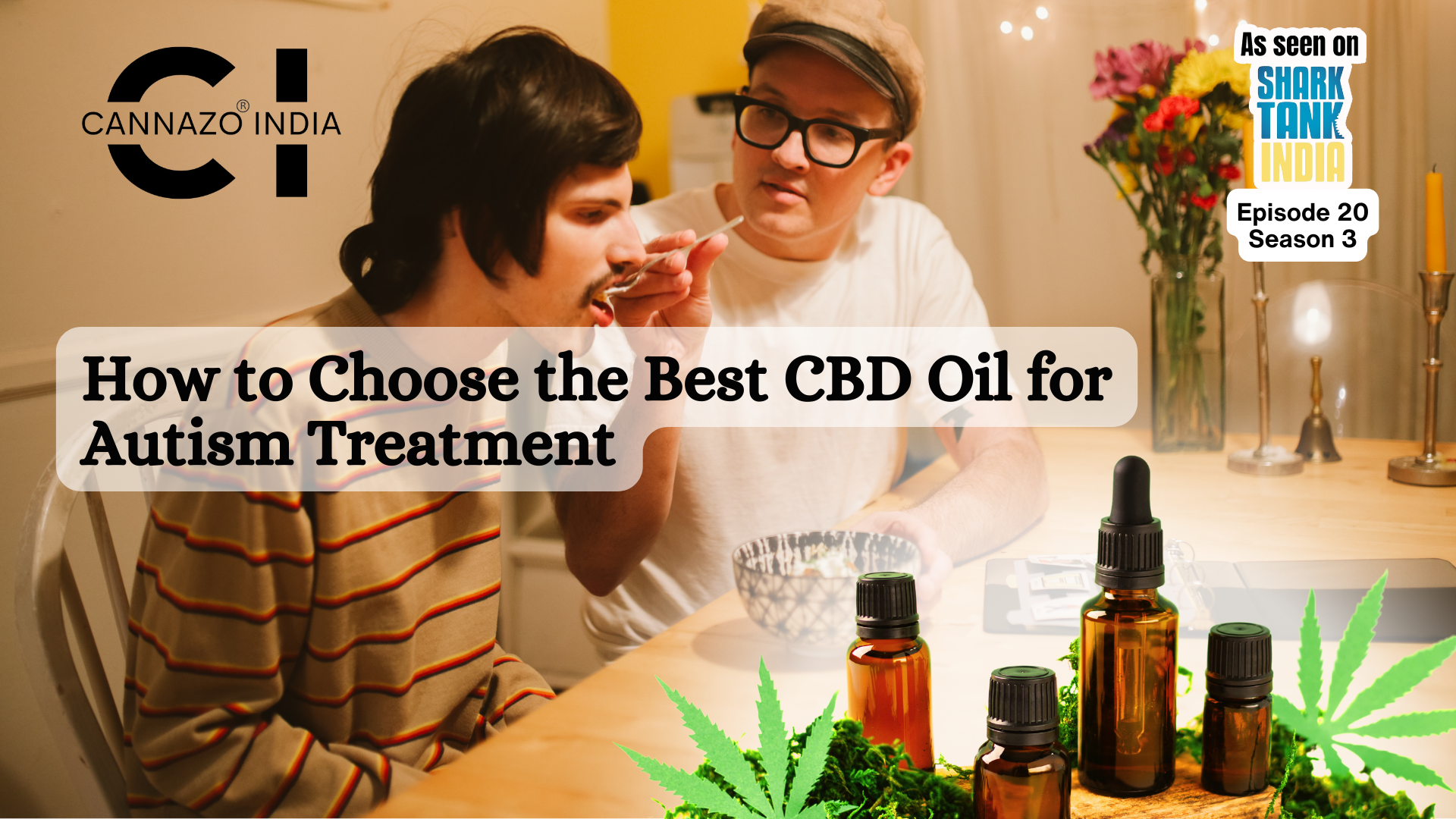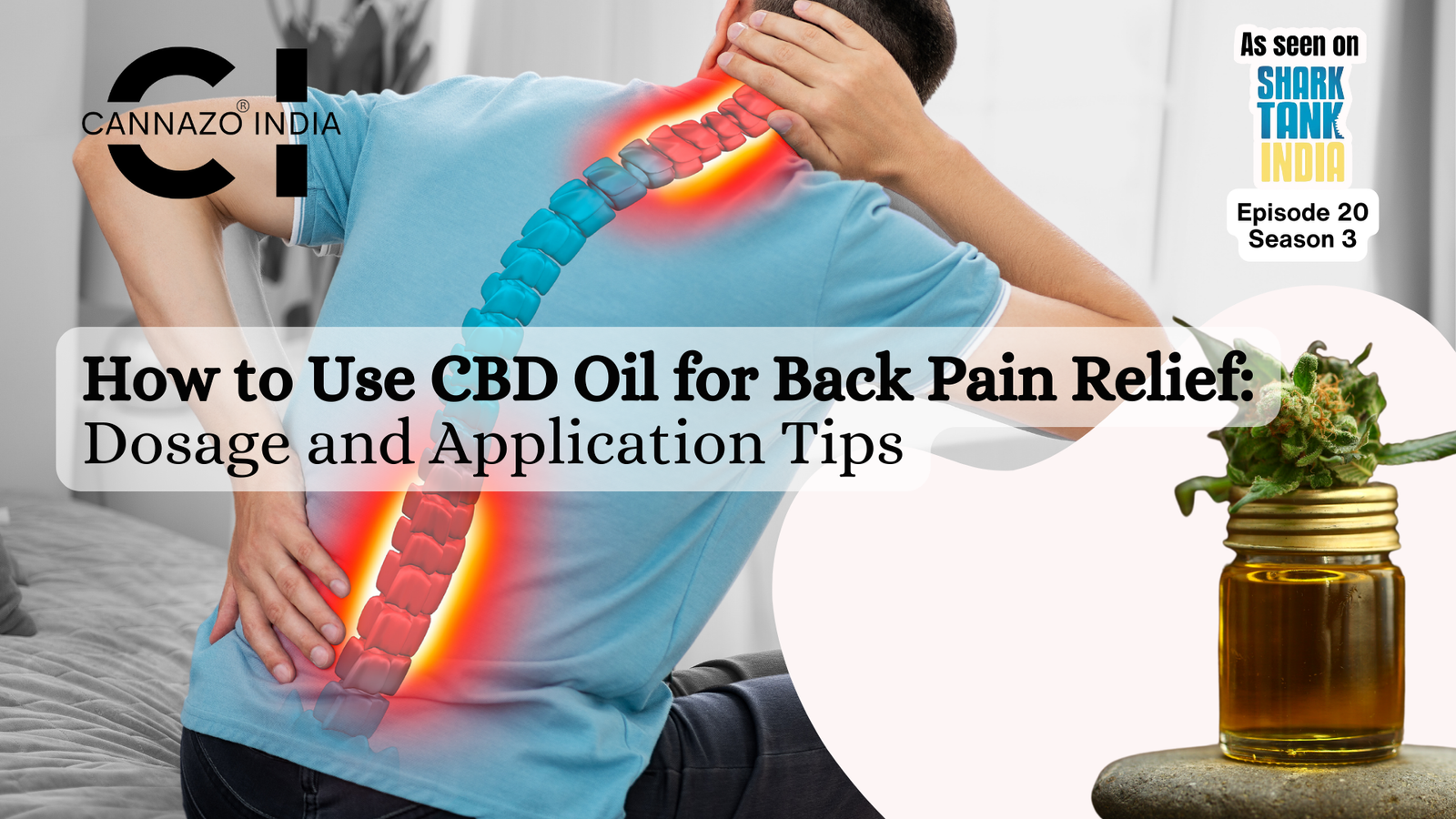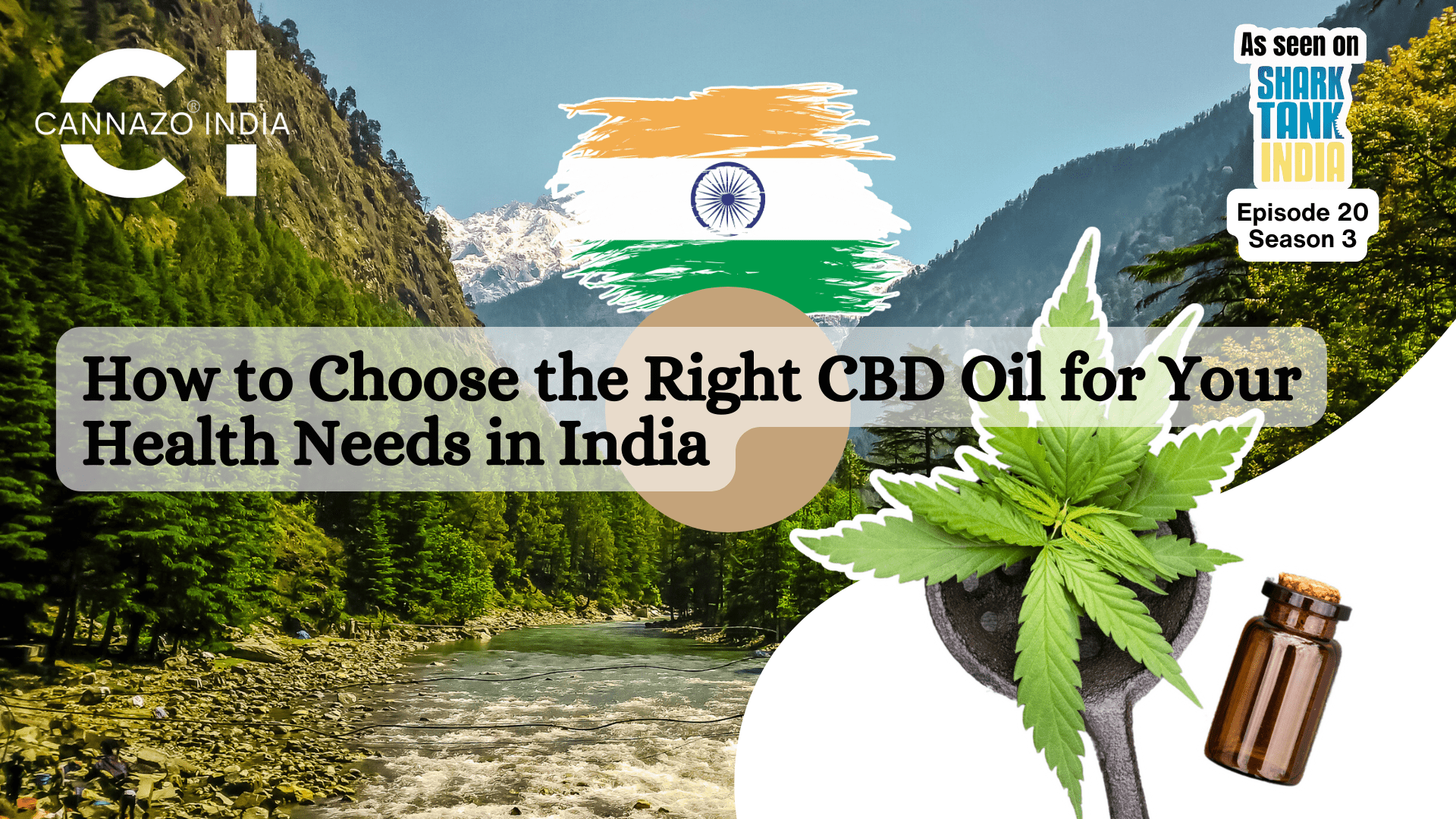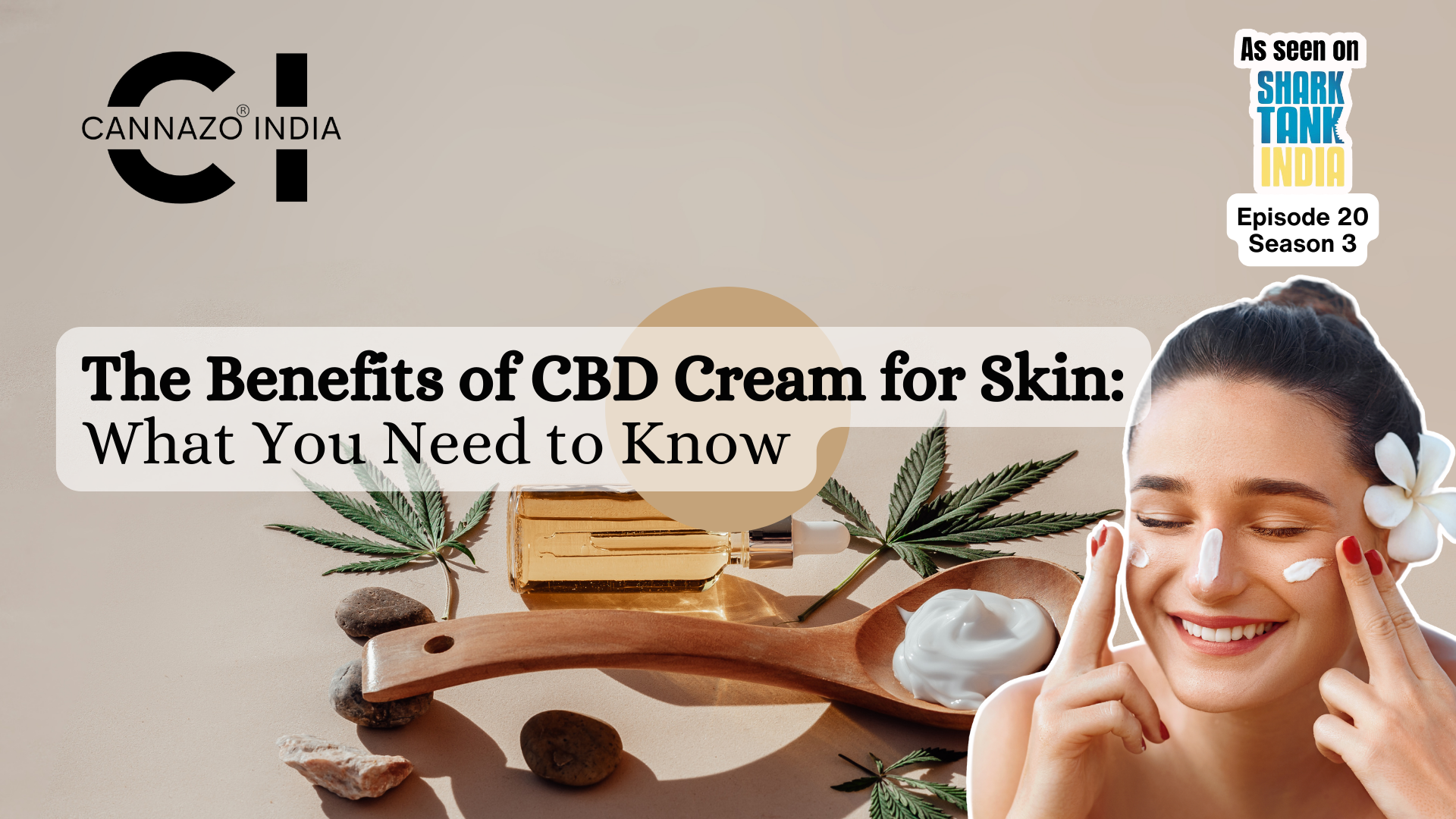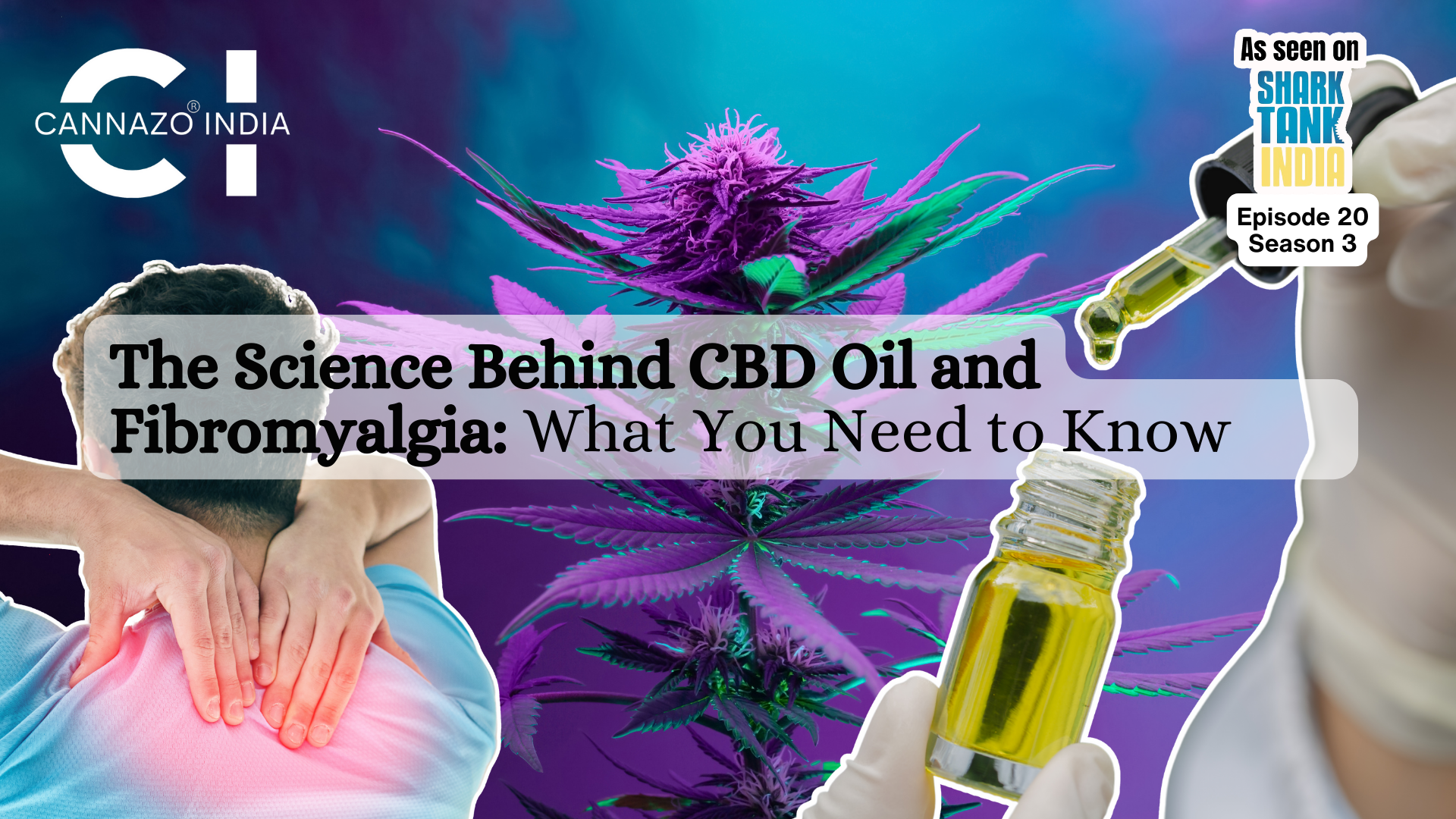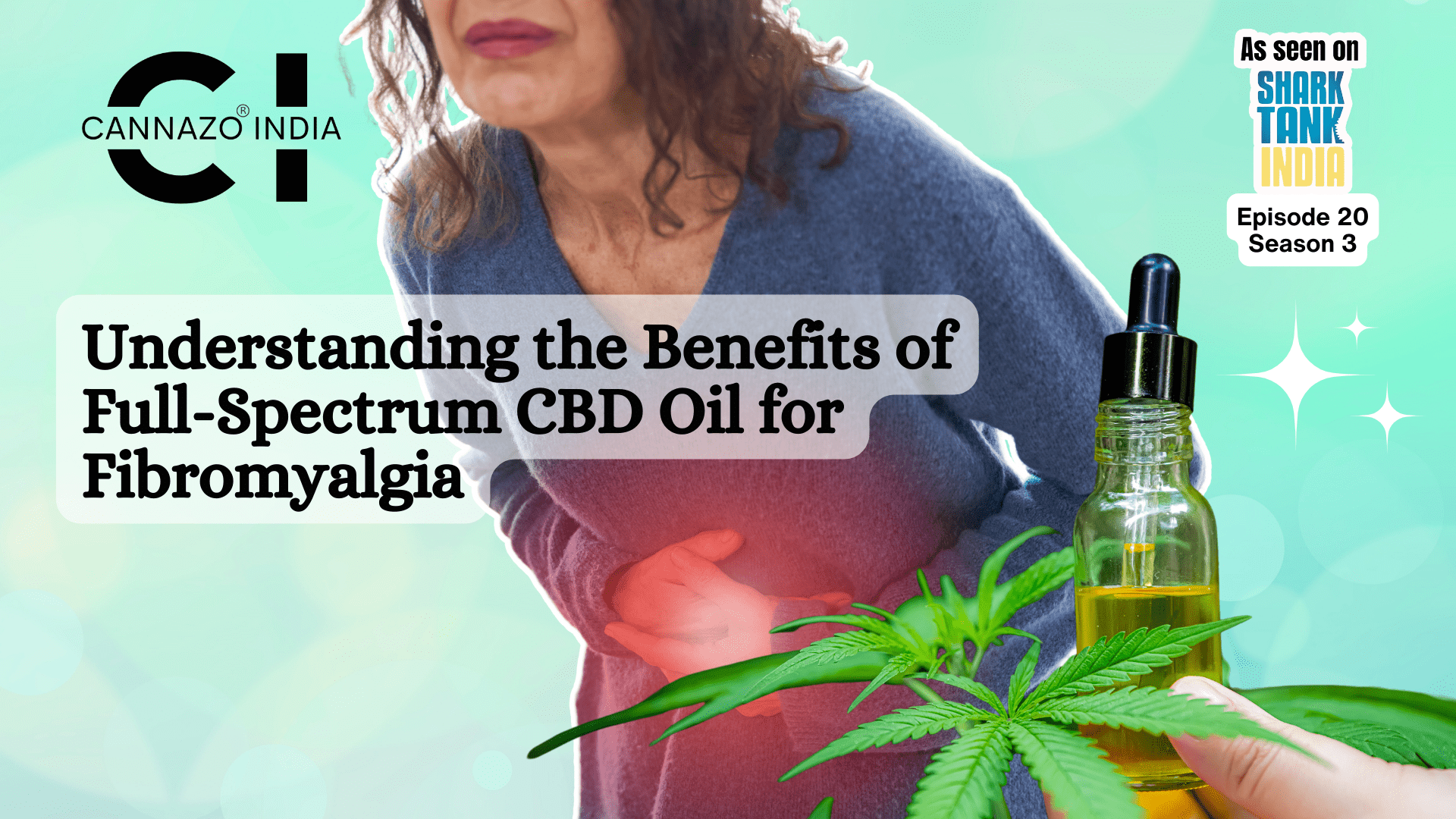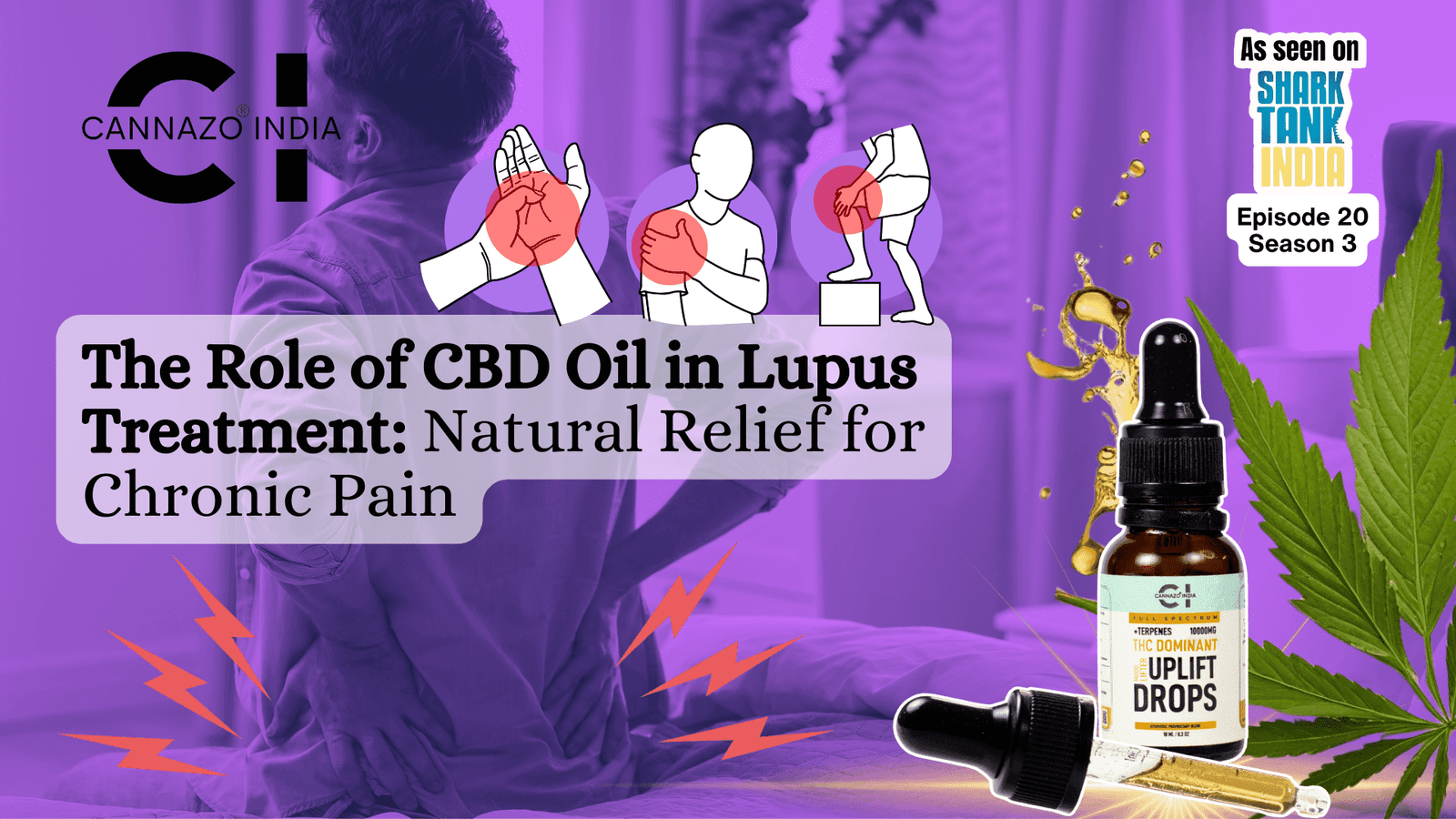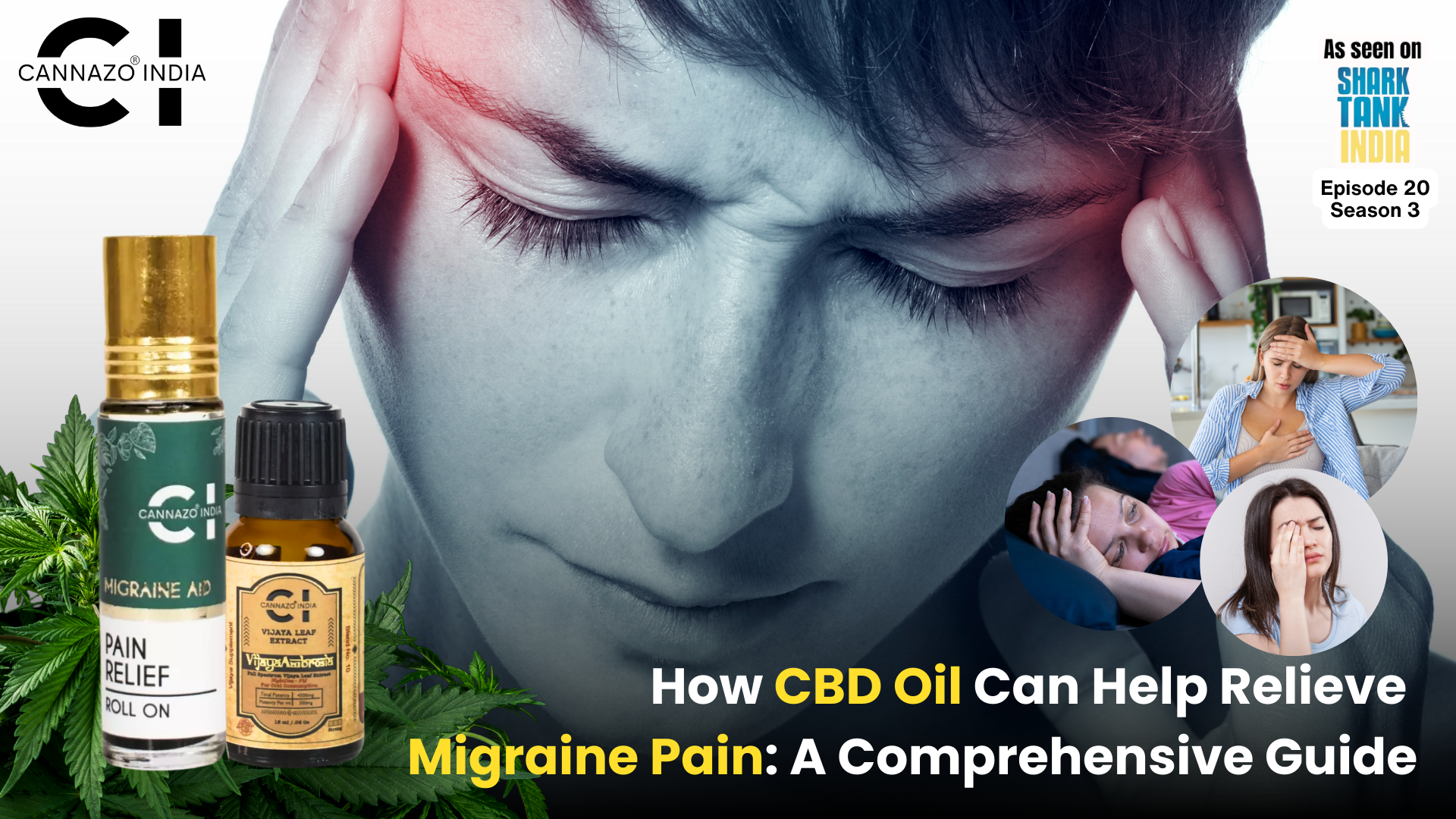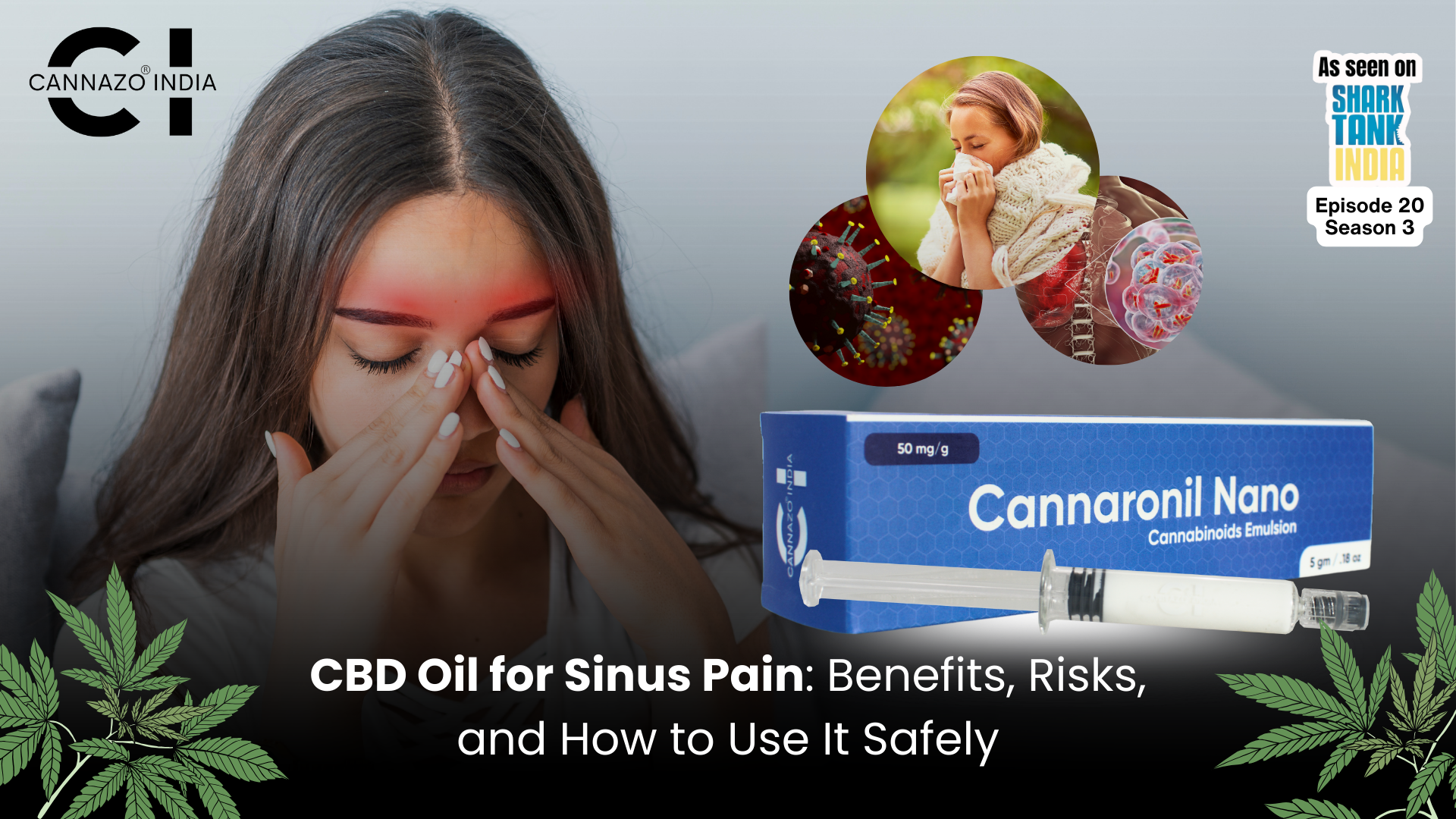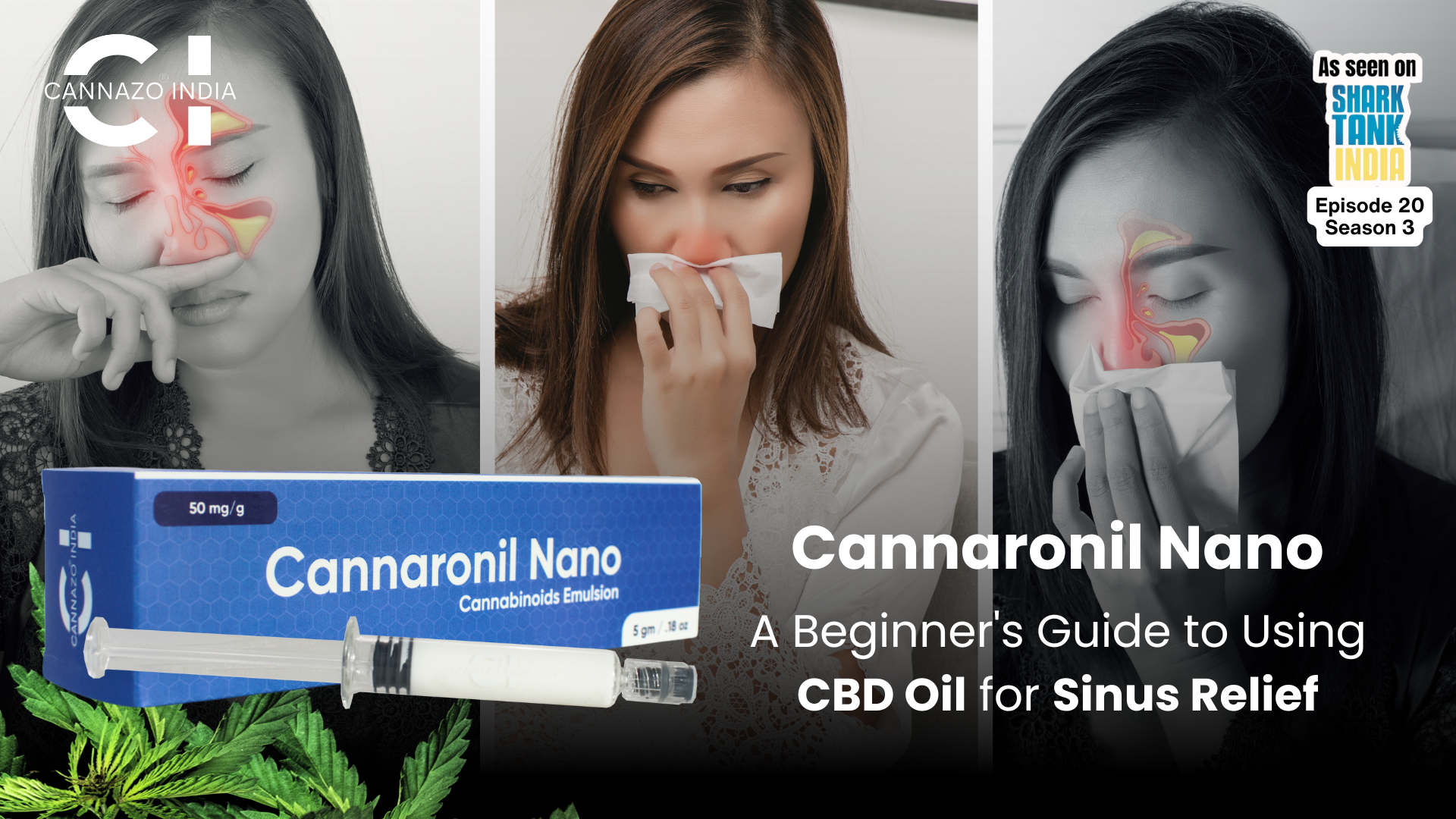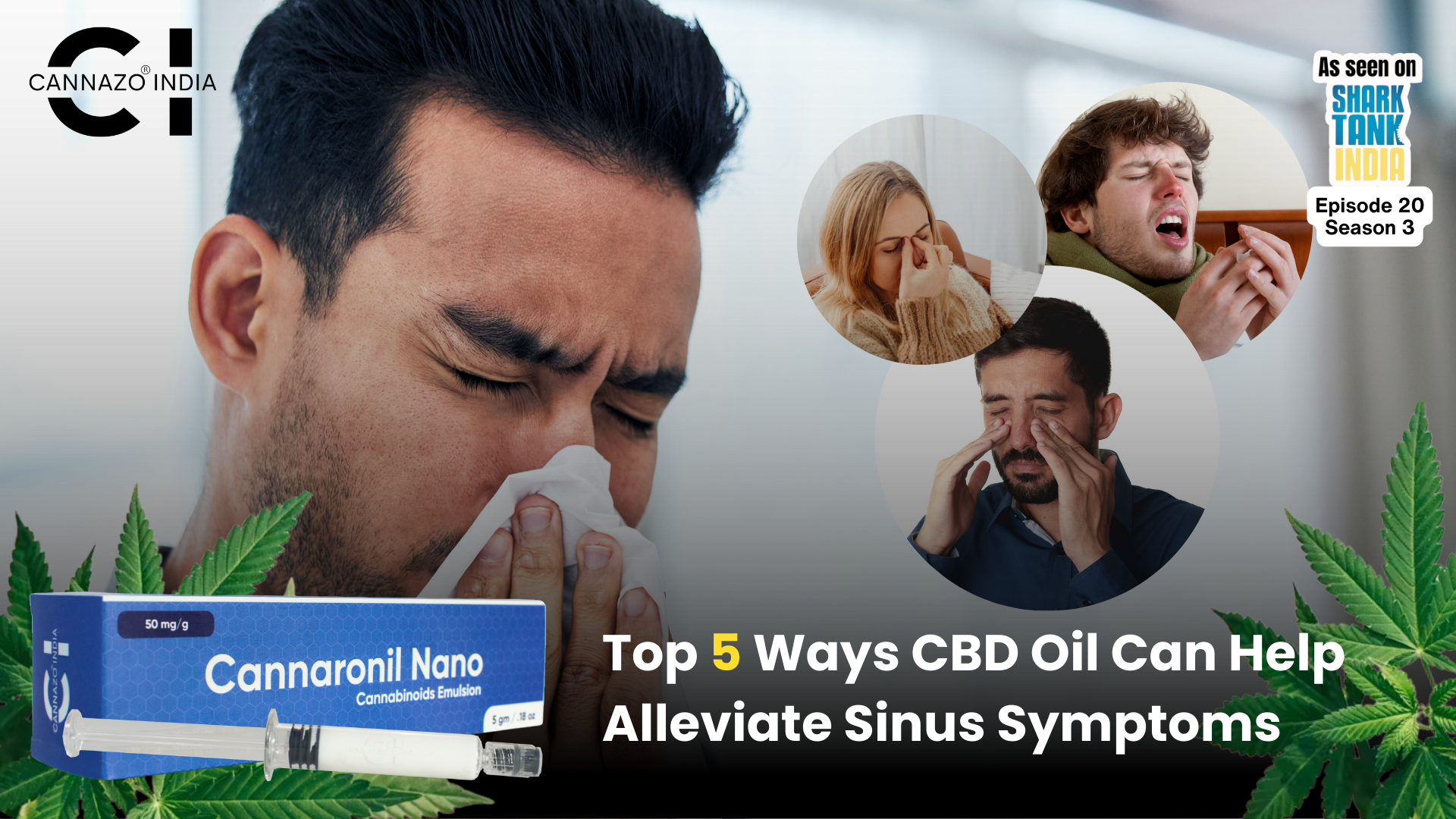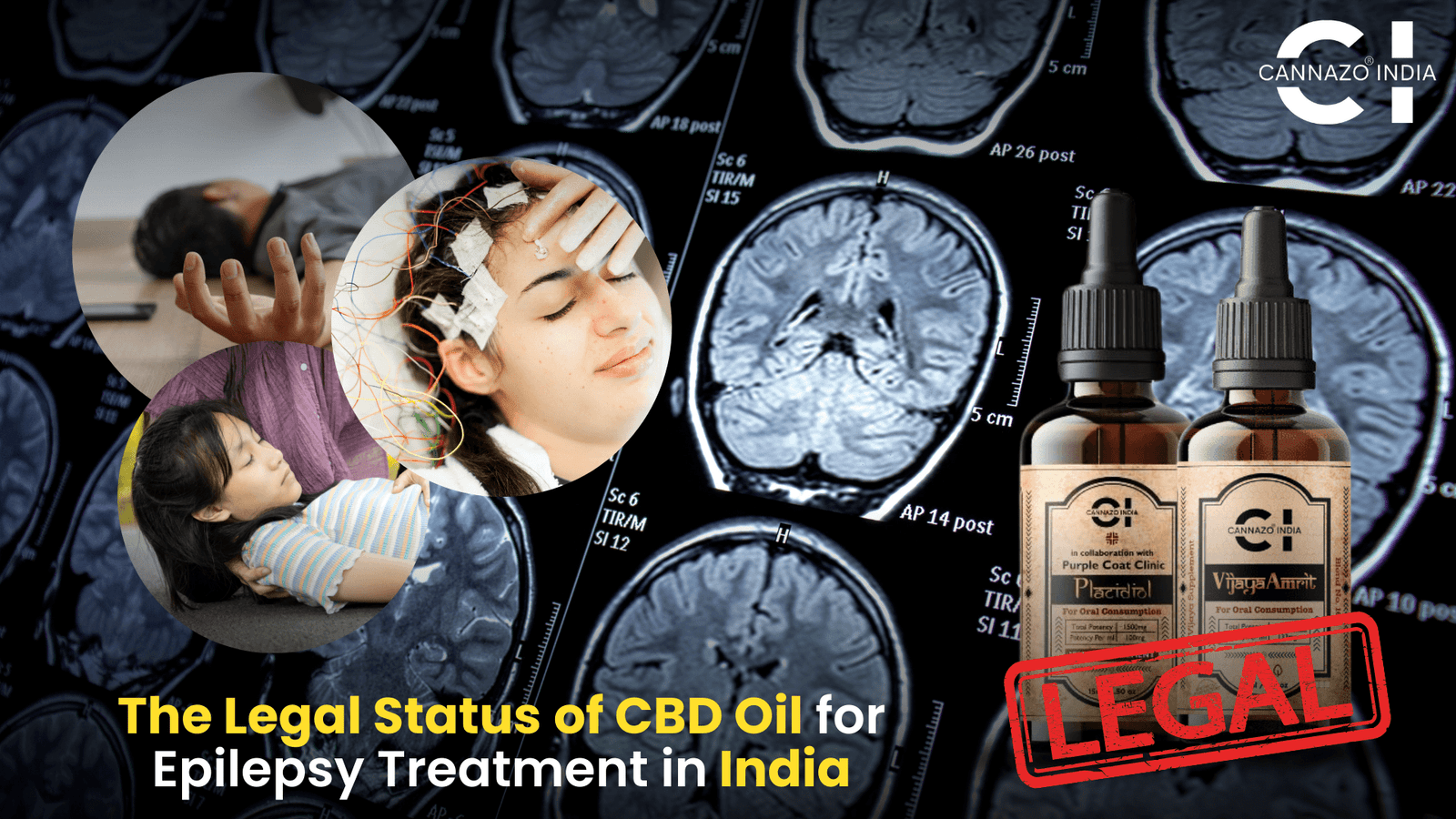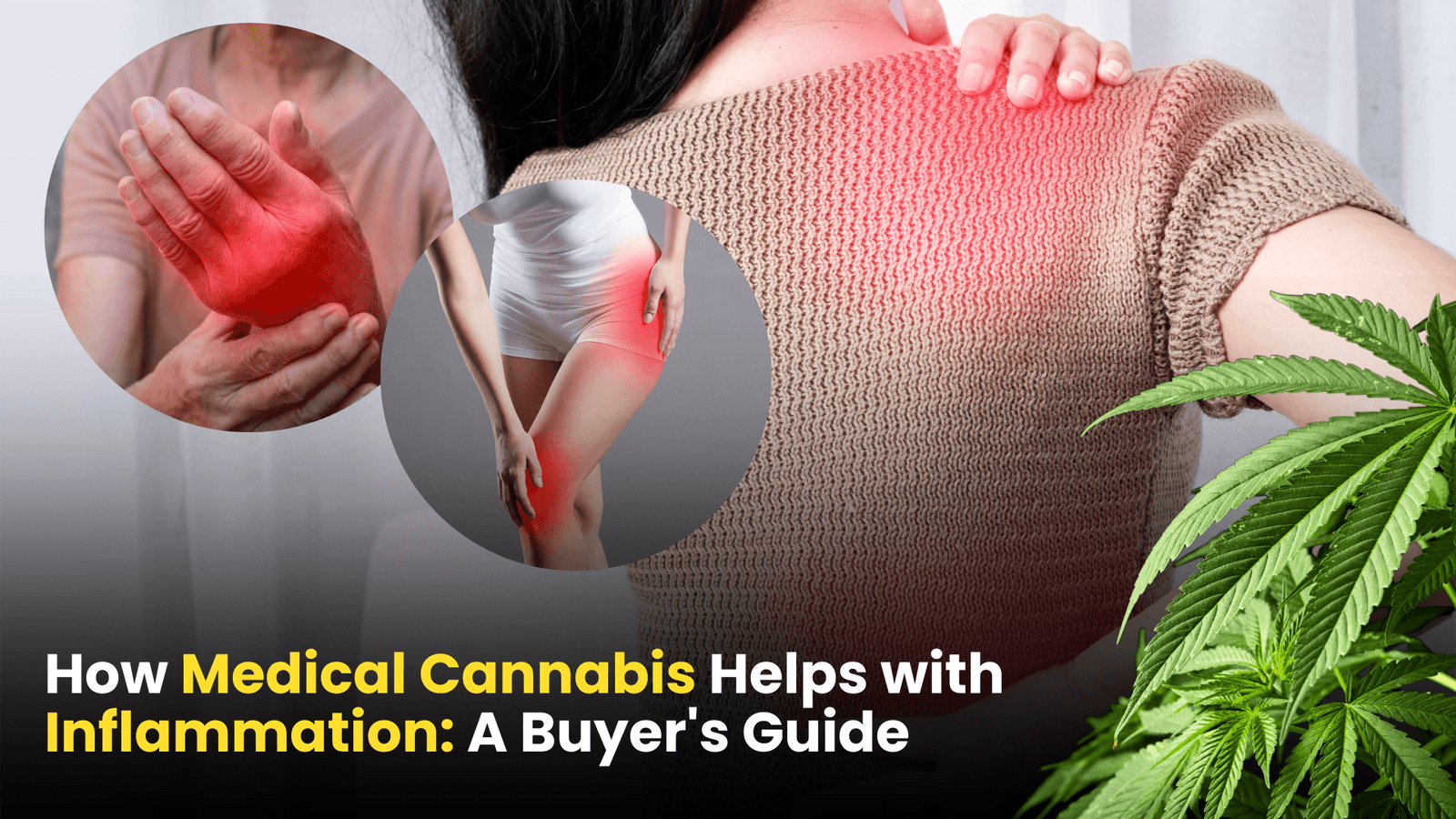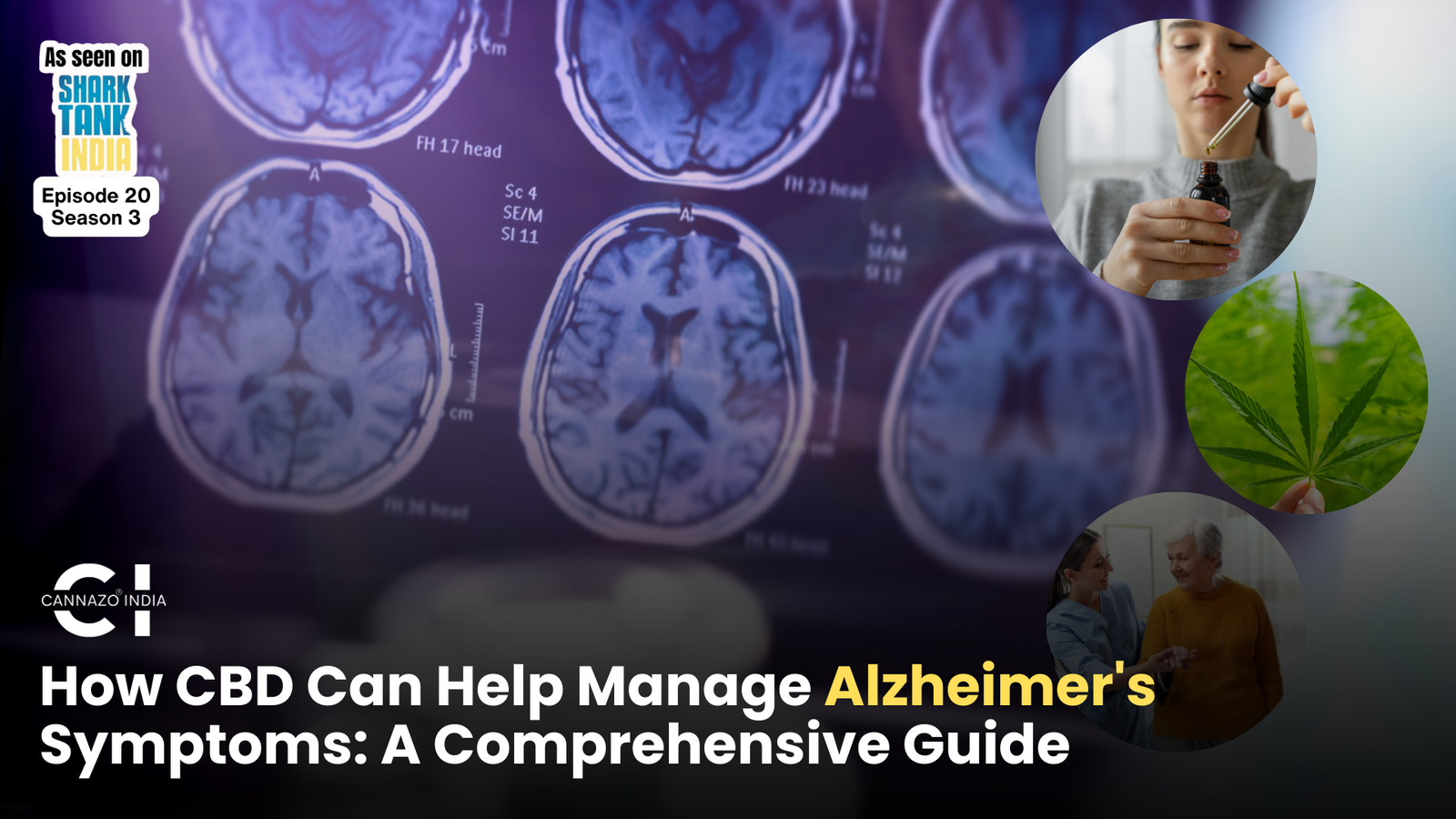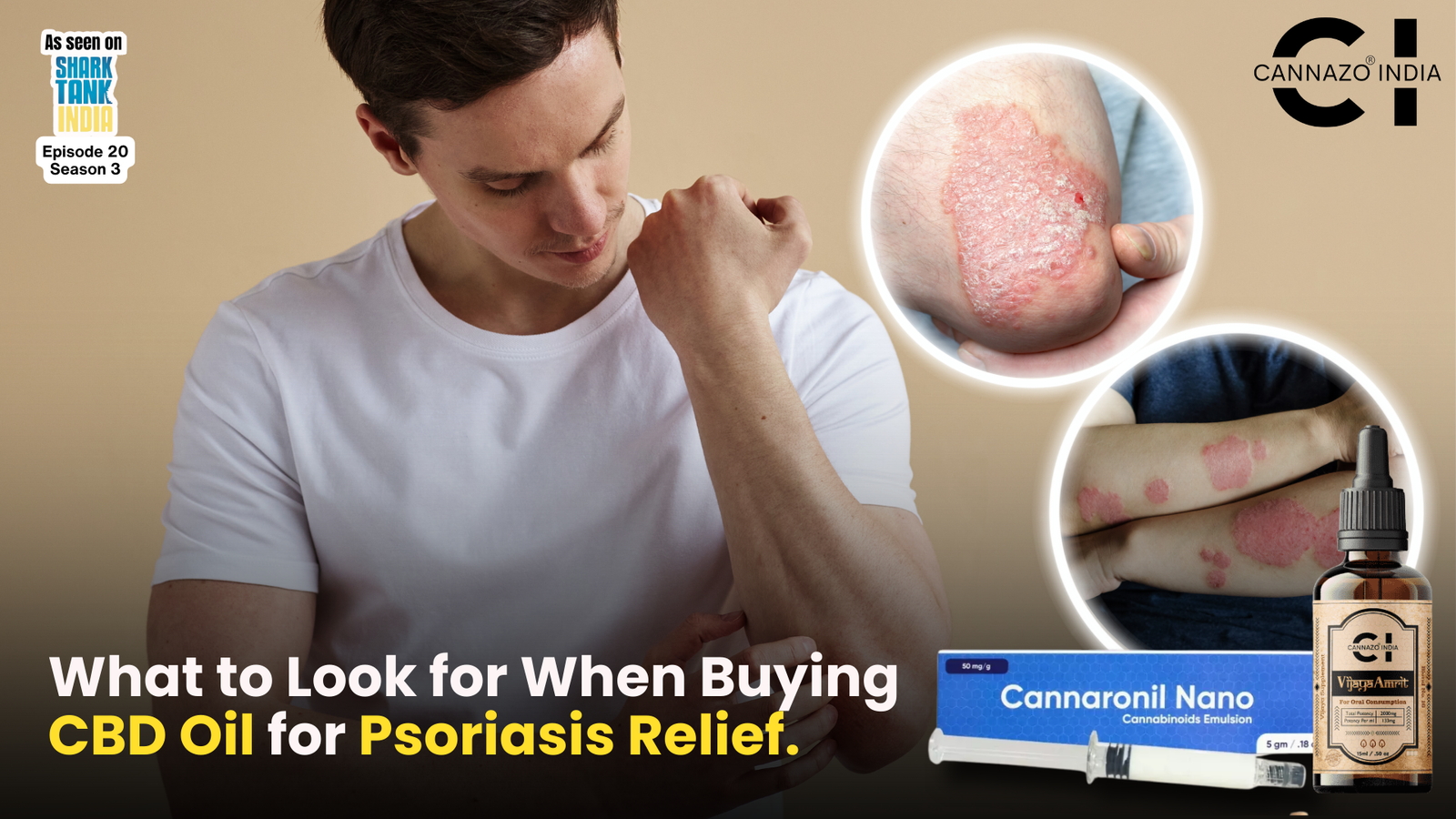Introduction
The World Health Organization has introduced a training manual intended to assist healthcare professionals in identifying the signs and symptoms of neglected tropical diseases and other frequent skin conditions through their observable characteristics.
According to WHO, skin conditions are the most common in all humans, and they are seen in almost 900 million people in the world at any time. More than 80% of skin diseases can be attributed to just 5 common conditions, such as acne vulgaris, atopic dermatitis, psoriasis, basal cell carcinoma and squamous cell carcinoma .
Neglected tropical diseases affecting the skin encompass leprosy, fungal infections, scabies, eczema, warts, acne, and pyoderma.
What is CBD oil?
CBD is one of the numerous active compounds present in cannabis plants. Unlike tetrahydrocannabinol (THC), CBD does not produce a “high” because it is non-psychoactive.
Even though full-spectrum CBD products from cannabis might offer more benefits than those from hemp, industrial hemp-derived products still provide a variety of health benefits, including skin nourishment and anti-inflammation.
If you live in a country where medical cannabis is not yet legalised or these products are not available, you can still reap the benefits using hemp-based products like hemp seed oil.
How Does CBD Oil Benefit the Skin?
CBD affects the skin via its interaction with the endocannabinoid system, which is the key in regulating various skin functions. Here’s a breakdown of how CBD can impact the skin:
- CBD possesses anti-inflammatory properties that can help alleviate redness, swelling, and irritation, potentially benefiting conditions such as acne, eczema, and psoriasis.
- Antioxidant effect: CBD helps neutralise free radicals that can damage skin cells and contribute to aging.
- Oil regulation: CBD may help balance the production of sebum.
- Moisturizing: CBD can help to maintain skin hydration by improving the skin’s barrier function, which helps to prevent moisture.
- Pain relief: CBD is used for skin conditions involving pain or discomfort. It has analgesic properties.
CBD Oil for Acne
One of the most common skin conditions seen in humans is acne. CBD has various compounds with therapeutic properties that reduce oil production, inflammation, and bacteria, which might help reduce acne.
A 2014 study examined how CBD affects human sebocytes, the cells responsible for producing sebum, a waxy oil that can contribute to acne when produced in excess. The study found that CBD might inhibit sebocytes from generating too much sebum.
A 2016 survey highlighted the potential antibacterial and antifungal benefits of cannabis, which could help prevent acne caused by skin infections. A recent 2019 study suggested that CBD reduces acne scars.
CBD oil for Eczema
CBD is widely regarded as safe for managing eczema.
Scientists are still exploring the interaction between CBD and the ECS and how CBD may help treat skin disorders like eczema and psoriasis. CBD is known for its strong anti-inflammatory properties, which may help reduce inflammation in individuals with eczema. CBD has been shown to relieve chronic pain as well, especially when used with similar compounds found in the cannabis plant, called terpenes.
A study investigated 16 people with sensitive, dry skin who used a topical CBD cream. The study found that 67% reported decreased itching and 50% felt that their eczema had improved by more than half.
In another study conducted by the Department of General Surgery and Surgical Specialties, University of Modena and Reggio Emilia Medical School et al, published by La Clinica Terapeutica, CBD oil has shown to reduce inflammation.
How to Use CBD Oil in Your Skincare Routine?
CBD oil can be used in the following ways:
- Cleansing: start with a clean face. Use a gentle cleanser to get rid of dirt and impurities.
- Apply CBD oil: apply a few drops on the affected area and use your fingers to gently massage.
- A mix of other products: if you prefer, you can add a few drops of CBD oil to your regular skin routine, such as once or twice daily, depending on your skin’s needs.
- Follow with moisturizer: After applying CBD, follow up with a moisturizer to lock in hydration and help the oil absorb better.
CBD products come in various forms, each serving a unique purpose:
- CBD Oil: Add a few drops to your moisturizer or apply directly to your skin.
- CBD Creams and Balms: Apply directly to targeted areas for localized relief and hydration.
- CBD Serums: Use before your moisturizer for deeper penetration and soothing effects.
- CBD Cleansers: Incorporate into your daily cleansing routine for gentle, calming benefits.
- CBD Face Masks: Use weekly for a soothing, rejuvenating treatment.
Choose based on your skin’s needs and preferences for the best results.
CBD Oil for Dry and Sensitive Skin
A 2019 study highlights that CBD might help alleviate common skin conditions symptoms, including dryness and itching. Its anti-inflammatory properties could be beneficial in addressing potential triggers for eczema.
Given its soothing effects and ability to reduce irritation, CBD oil may be particularly advantageous for individuals with sensitive skin. (3)
CBD helps with dryness by providing hydration, soothing inflammation, and supporting the skin’s barrier. Its moisturizing properties help lock in moisture, while its anti-inflammatory effects reduce irritation. This combination promotes healthier, more balanced skin.
Application Tips for Using CBD Oil on Eczema
- Before applying CBD oil to your face or body, do a patch test on a small area of skin to ensure you don’t have any allergic reactions.
- Start with a small amount and gradually increase if needed.
- Apply consistently for the best result, usually 1-2 times daily.
- Consider using a fragrance-free moisturizer to enhance hydration.
- Consult with a dermatologist: if you have specific skin concerns or conditions, consider consulting with a dermatologist to ensure CBD oil is appropriate for your skincare regimen.
Conclusion
In conclusion, CBD has demonstrated potential benefits for managing eczema, thanks to its anti-inflammatory and calming effects. It may help alleviate common eczema symptoms, such as dryness, itching, and irritation, and can address underlying triggers that worsen the condition.
For those looking to incorporate CBD into their skincare routine, Cannazo India’s Youth Elixir or Placidiol is a promising option.
https://cannazoindia.com/product/youth-elixir-indias-1st-cbd-cream/
This product combines CBD with a blend of nourishing ingredients designed to support skin health, soothe irritated skin, and reduce eczema-related discomfort. By integrating such a product into your routine, you may find additional relief and improvement in eczema symptoms.
Reference
- Hay RJ, Johns NE, Williams HC, Bolliger IW, Dellavalle RP, Margolis DJ, Marks R et al. The global burden of skin disease in 2010: an analysis of the prevalence and impact of skin conditions. J Invest Dermatol. 2014;134:1527–34. doi:10.1038/jid.2013.446.
- Pahr, K. (2024, July 27). Cannabidiol (CBD): What we know and what we don’t. Healthline. https://www.healthline.com/health/your-cbd-guide
- Morales-Brown, L. (2021, January 15). Is CBD oil good for skin? https://www.medicalnewstoday.com/articles/cbd-oil-for-skin#does-it-work
- Curtis, L. (2024, April 12). Does CBD for eczema really work? Verywell Health.
https://www.verywellhealth.com/cbd-for-eczema-facts-topicals-and-considerations5194979#:~:text=CBD%20is%20generally%20considered%20to%20be%20safe%20for,swelling%2C%20and%20redness%20from%20skin%20conditions%20like%20eczema.
- Whitehurst, L. (2024, February 28). CBD for Acne: Unlock Clear Skin with Cannabis Topicals. Cannabis Central. https://www.veriheal.com/blog/unlock-clear-skin-how-cannabis-can-revolutionize-acne-treatment/
- Eden, S. (2024, June 19). CBD oil for face and skin: benefits and how to use it. Sow Eden.
https://www.soweden.com/blogs/news/cbd-oil-for-face-and-skin-benefits-and-how-to-use-it#:~:text=Can%20CBD%20oil%20help%20face%20and%20skin%20health%3F,counteract%20free%20radical%20damage%20and%20boost%20collagen%20production.





